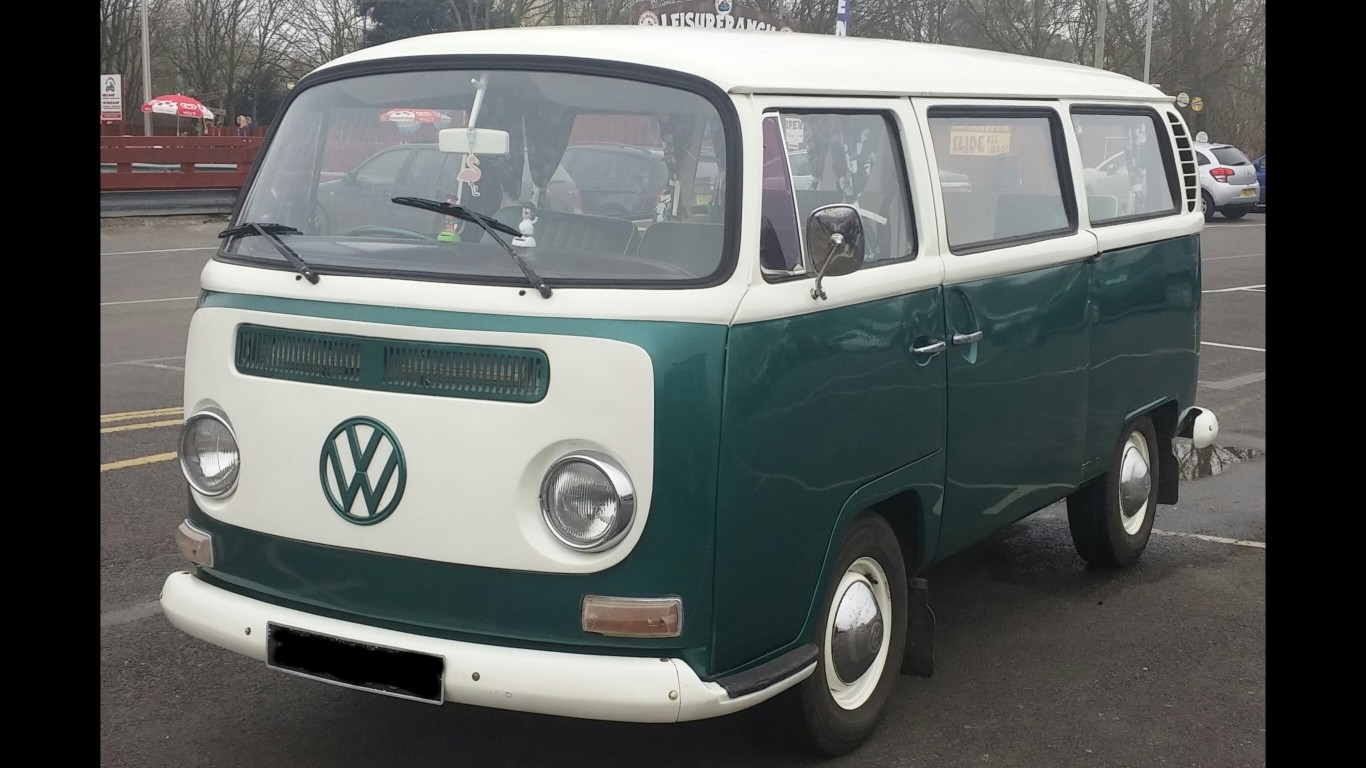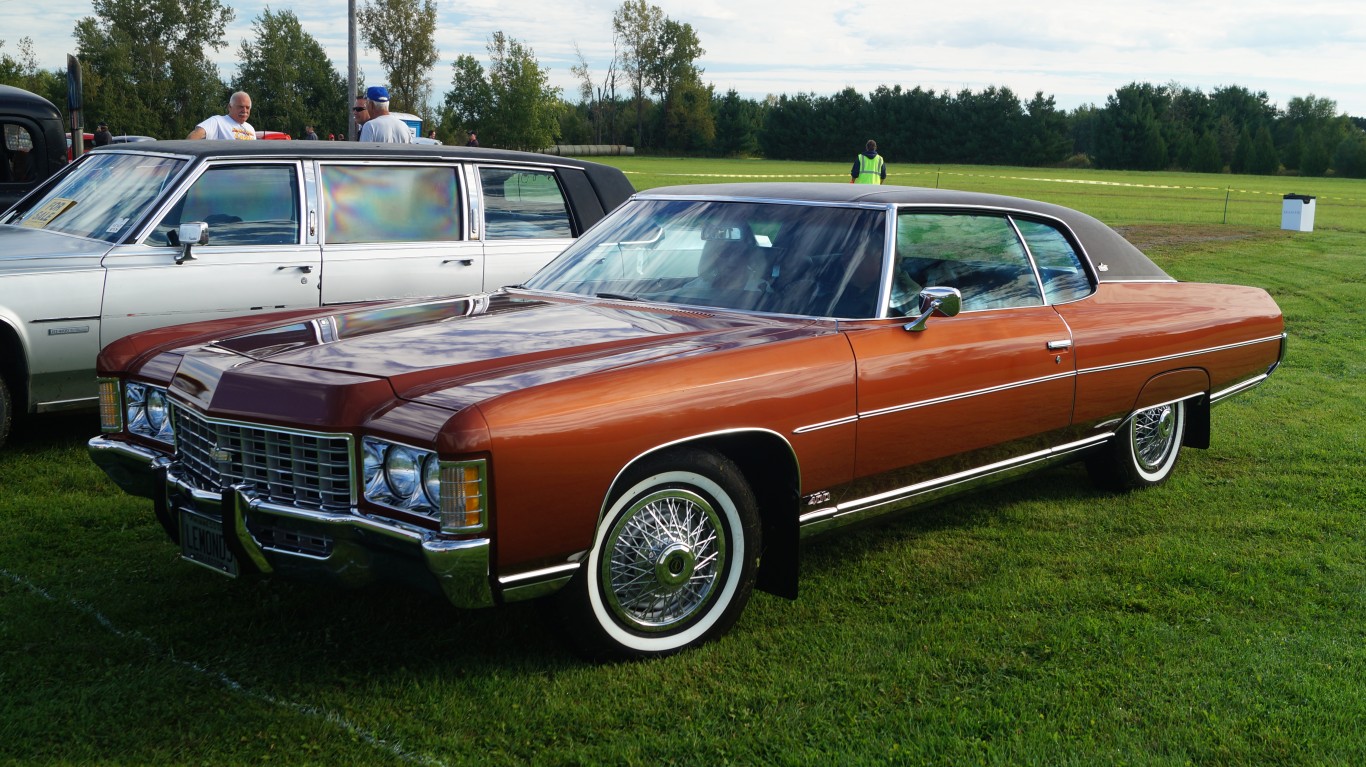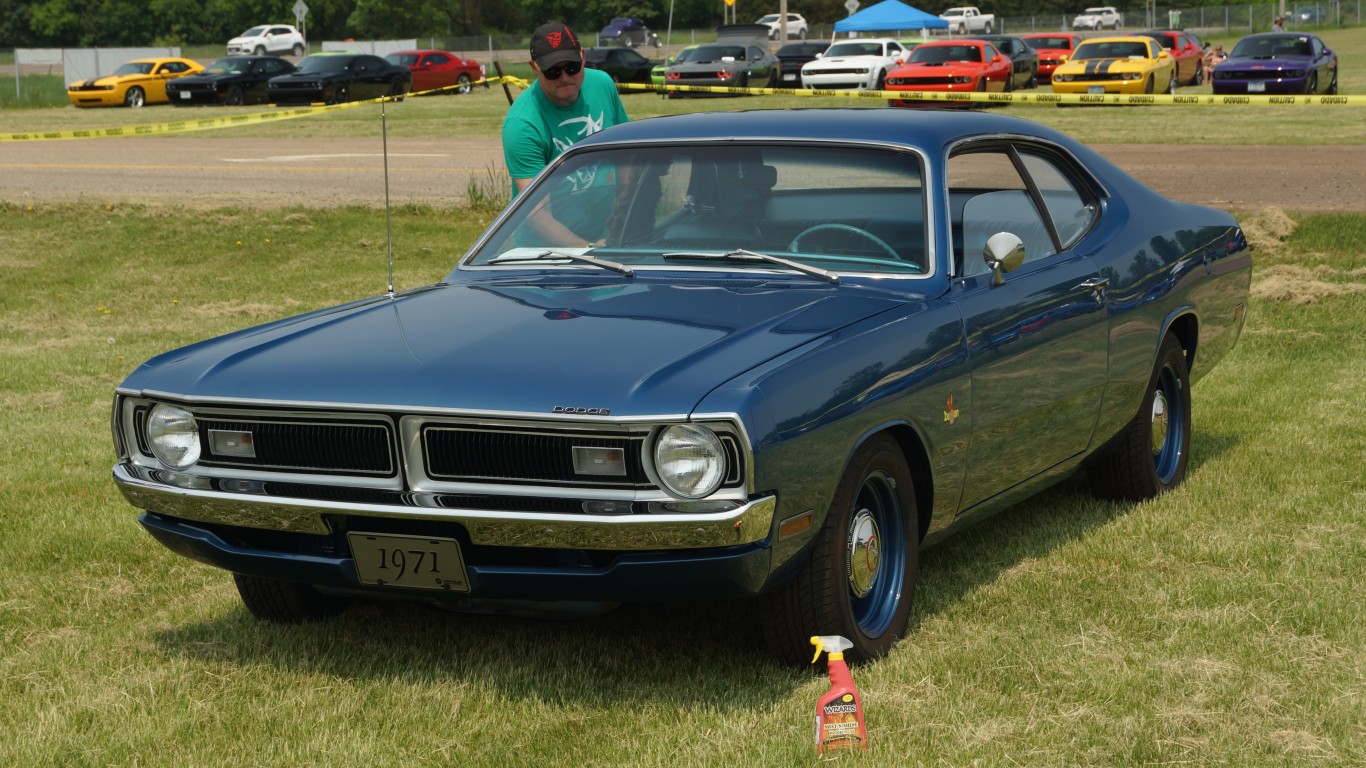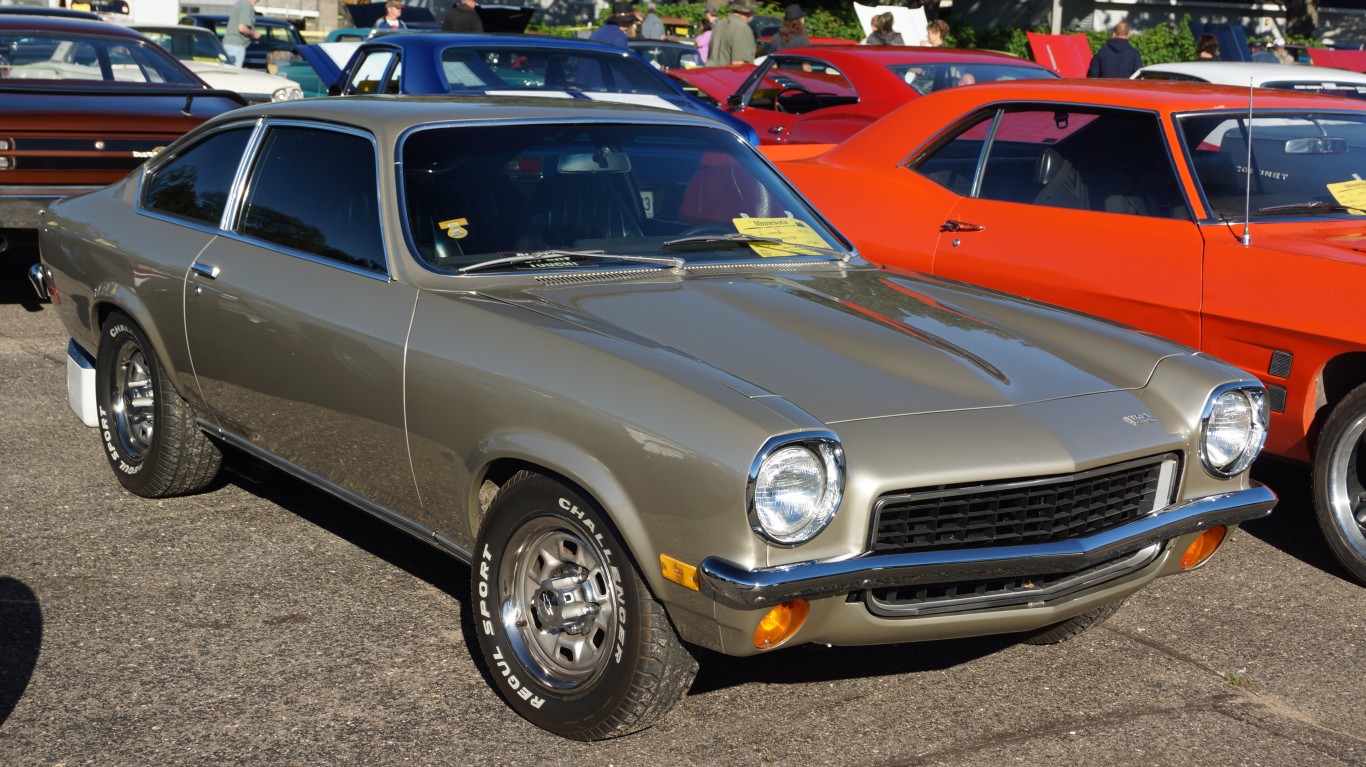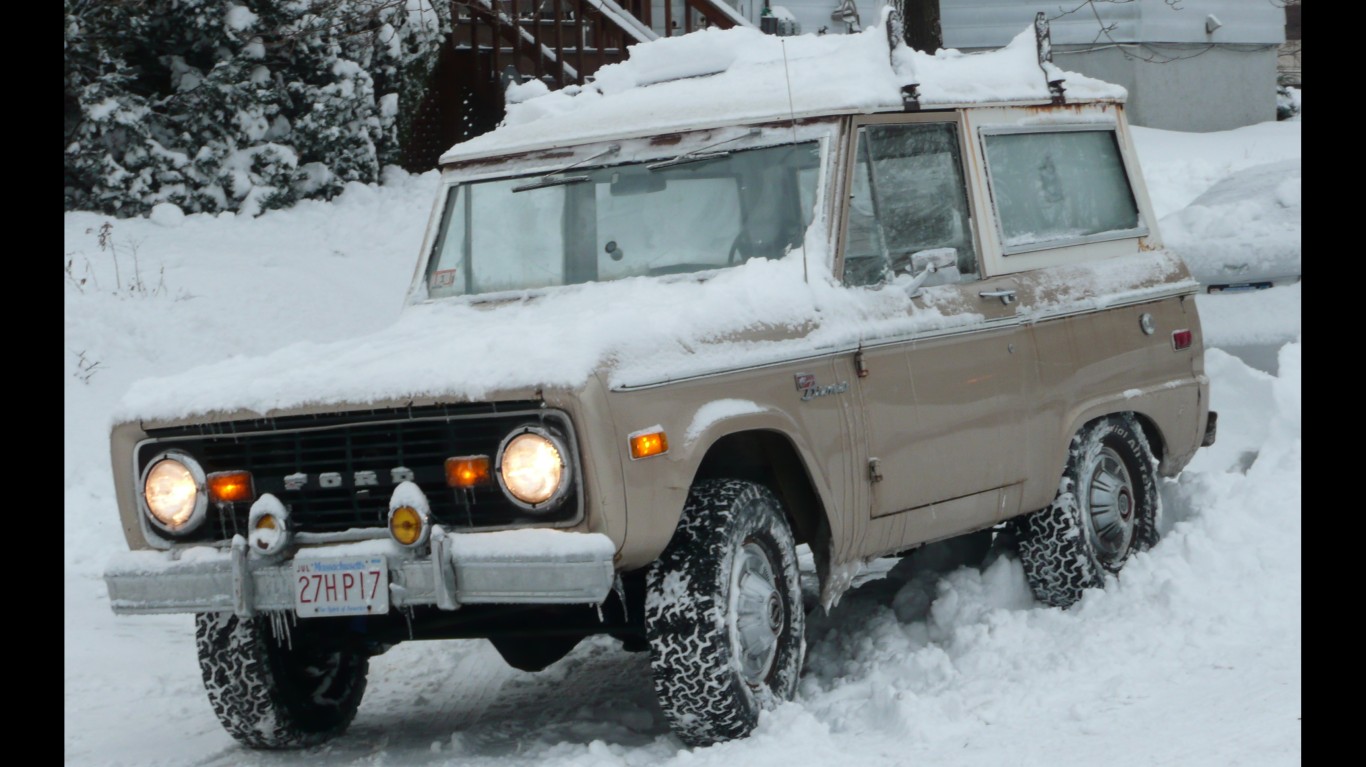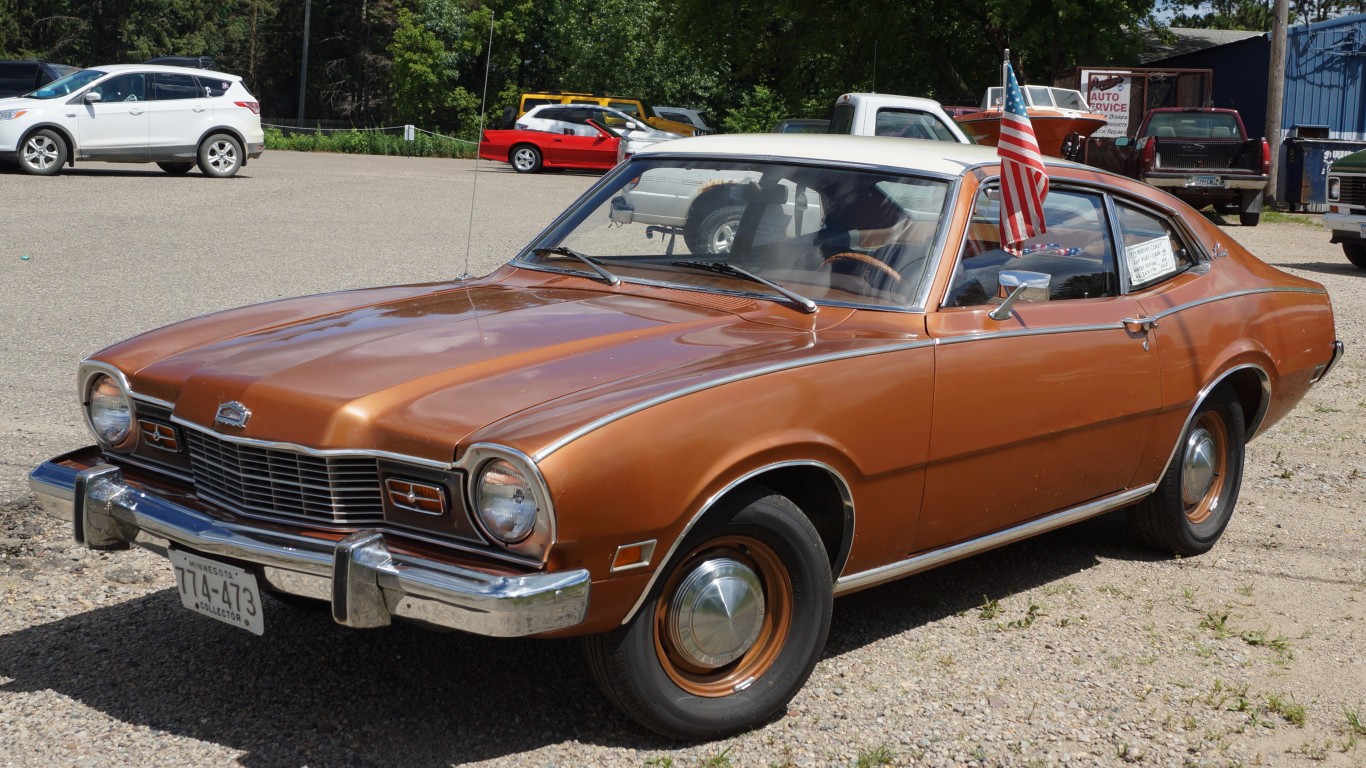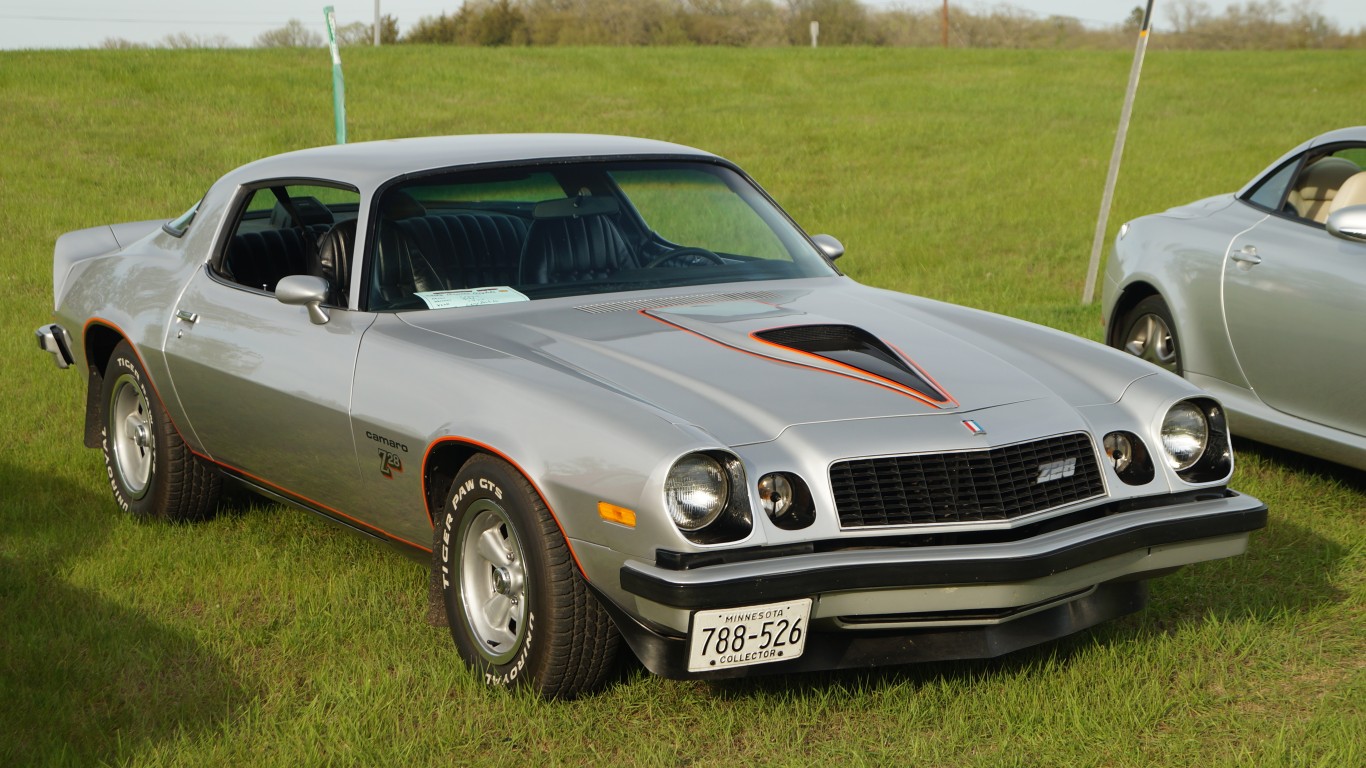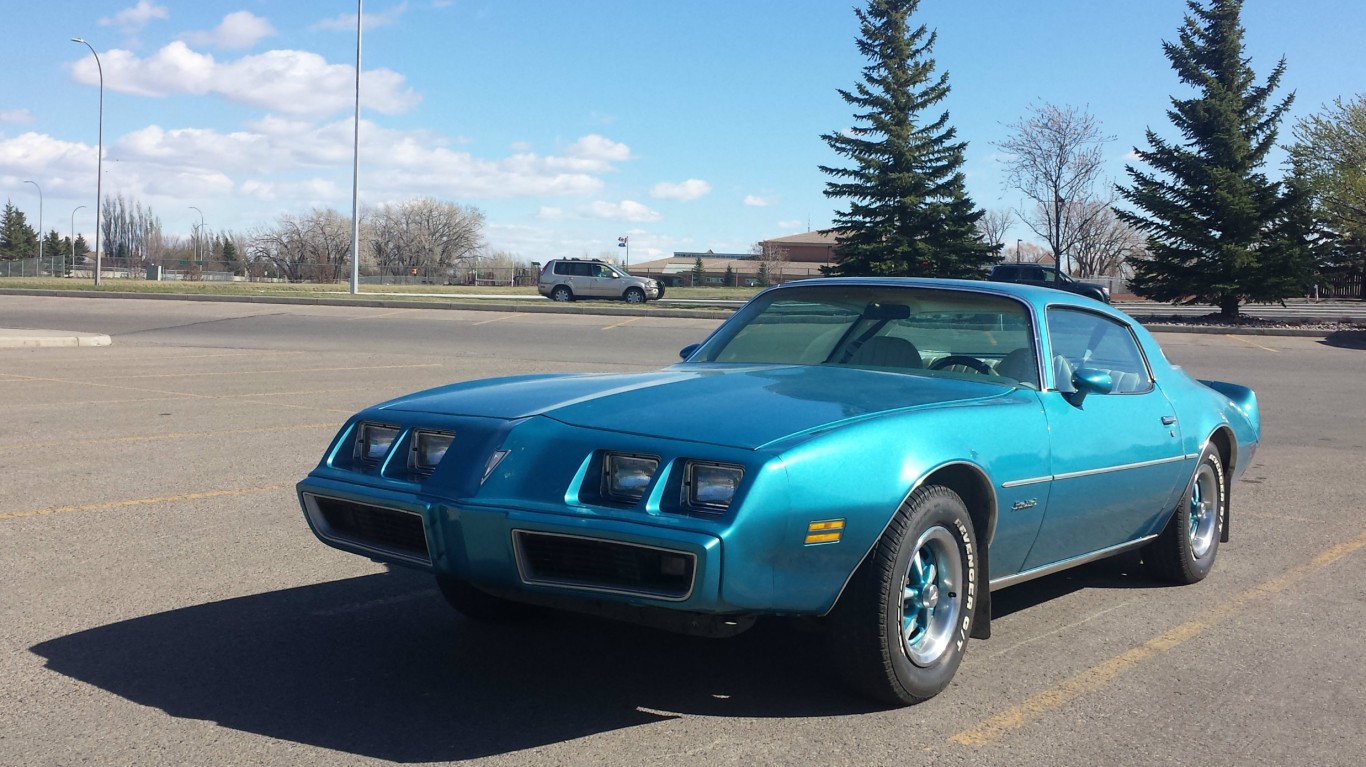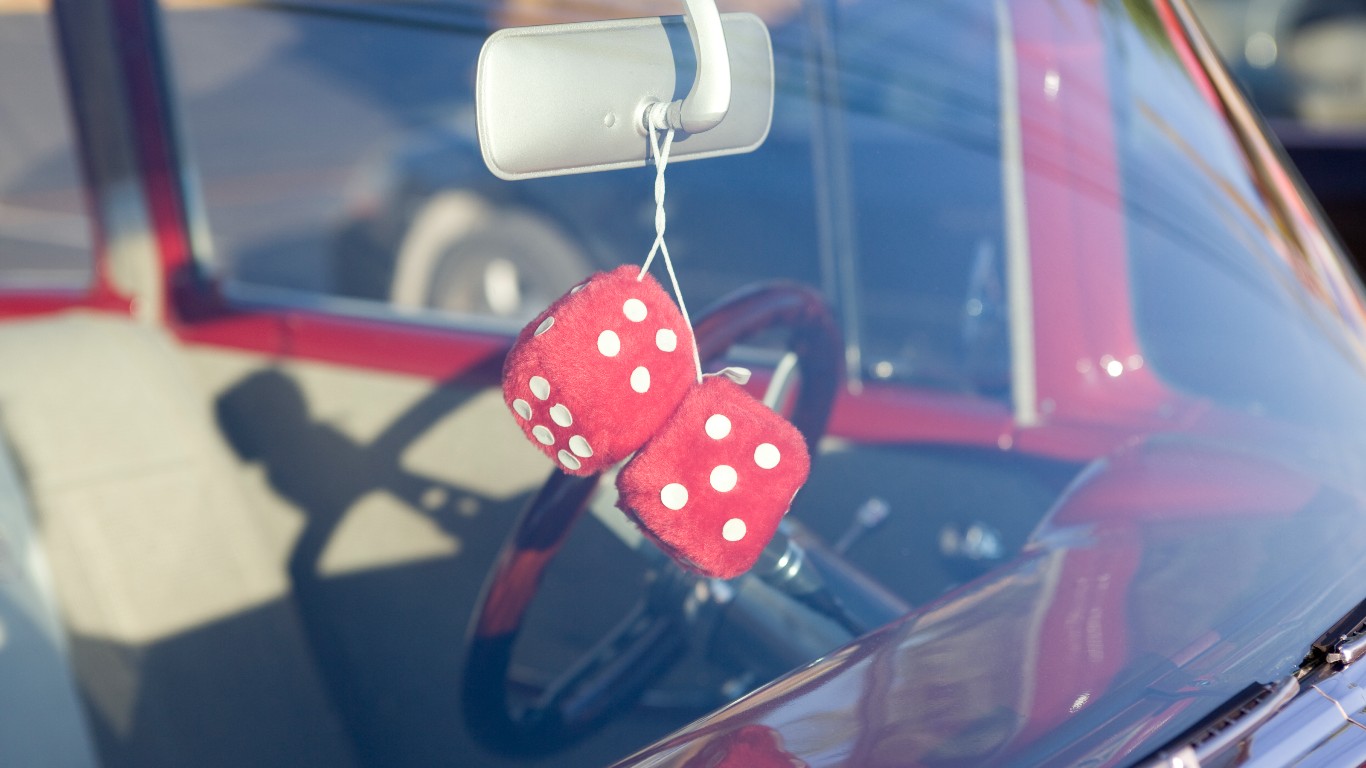
July 4th is Independence Day for the United States, but for teenagers in America, their true day of independence is the day they get their first driver’s license – a right of passage that, for those who were lucky or industrious enough, soon led to owning their first car.
Baby boomers – those born between 1946 and 1964 – came into the world during a kind of golden age for American automobiles. It was an era before mandatory seatbelts and biofuels; an age of fearsome front grilles and heroically proportioned tail fins; a period when Packards, Kaiser-Frazers, DeSotos, Pontiacs, and other now-vanished car brands still prowled the streets. (These are the world’s 20 greatest classic cars.)
The years in which the oldest baby boomers first started buying (or borrowing) cars also saw the introduction of the so-called muscle cars – sporty, high-performance coupes like the Ford Mustang, the Dodge Challenger, and the Chevrolet Camaro. These were among the first cars some baby boomers owned – though others of the generation opted for more practical vehicles. (Here’s a list of the most popular Ford models in America.)
To assemble a list of the first cars baby boomers owned, 24/7 Tempo consulted sources such as YouTube, the Hartford Courant, the Chicago Tribune, and Zoo. Our list is not comprehensive, and undoubtedly some readers of the boomer generation will recall a first car that isn’t here. We focused on vehicles in the 1960s and 1970s that were probable first cars a few years after they first rolled off the assembly line. Not surprisingly, all but three of these cars are American.
Click here for more on the cars that defined the baby boomer generation
Those three are all Volkswagens, led primarily by the famous Beetle. Its design got no love from the car industry critics, but it was cheap and easy to maintain, and the Beetle became the biggest-selling foreign-made car in the U.S. throughout the ’60s.
Boomers’ first cars wouldn’t pass inspection today for any number of reasons. But they were filled with memories – enhancements like the fuzzy dice on the rearview mirror, the statue of St. Christopher or the Virgin Mary on the dashboard, the tricked-out music system with an eight-track tape player – or experiences like going on a first date, piling in to go to a concert or a game, stuffing the trunk and backseat belongings as you drove off to college….
1962 Dodge 330
This classic car captured the essence of the era with its bold and distinctive design. Boasting a range of powerful engine options and advanced features, it symbolized speed, performance, and a rebellious attitude.
[in-text-ad]
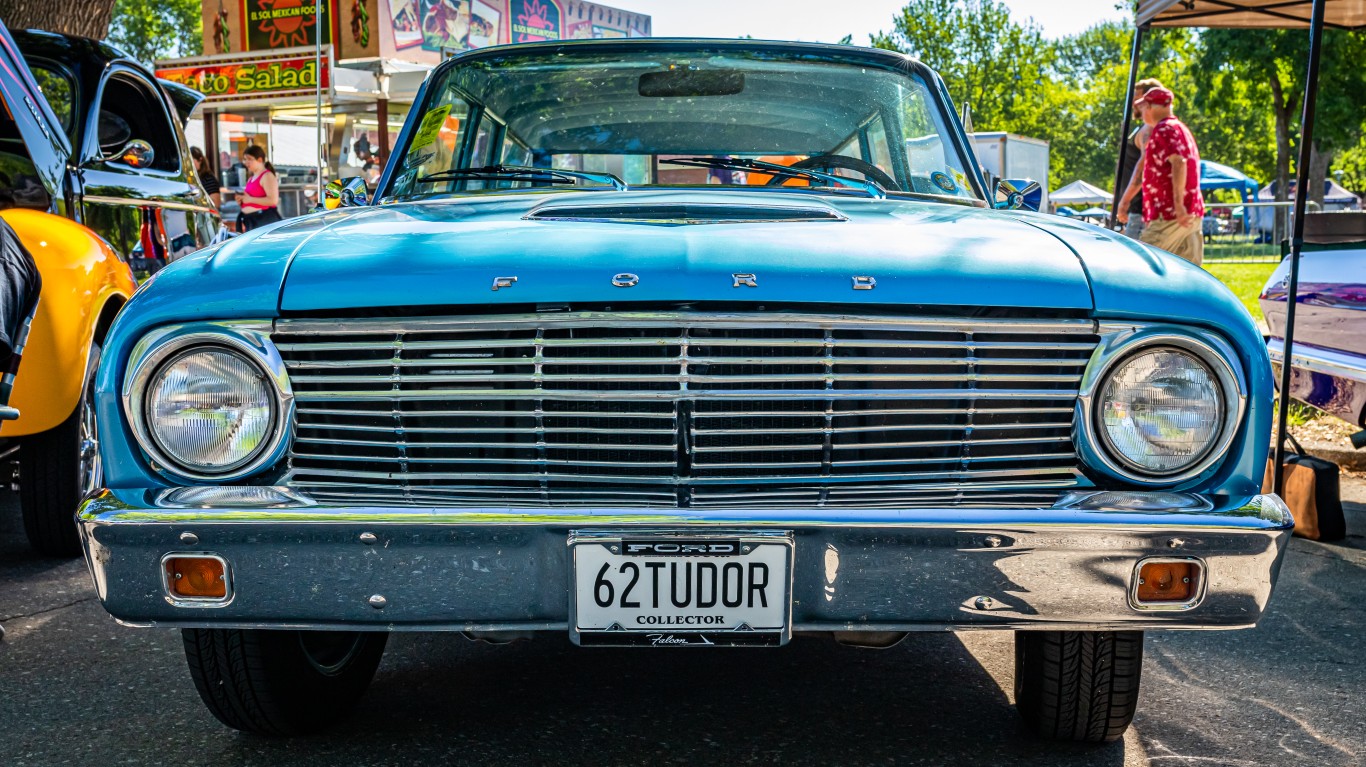
1962 Ford Falcon
With its compact size and stylish design, the 1962 Falcon appealed to those seeking a practical yet fashionable car. It offered a comfortable ride, making it suitable for long road trips. Known for its fuel efficiency and affordability, the Falcon became a popular choice among young boomers looking for reliable transportation.
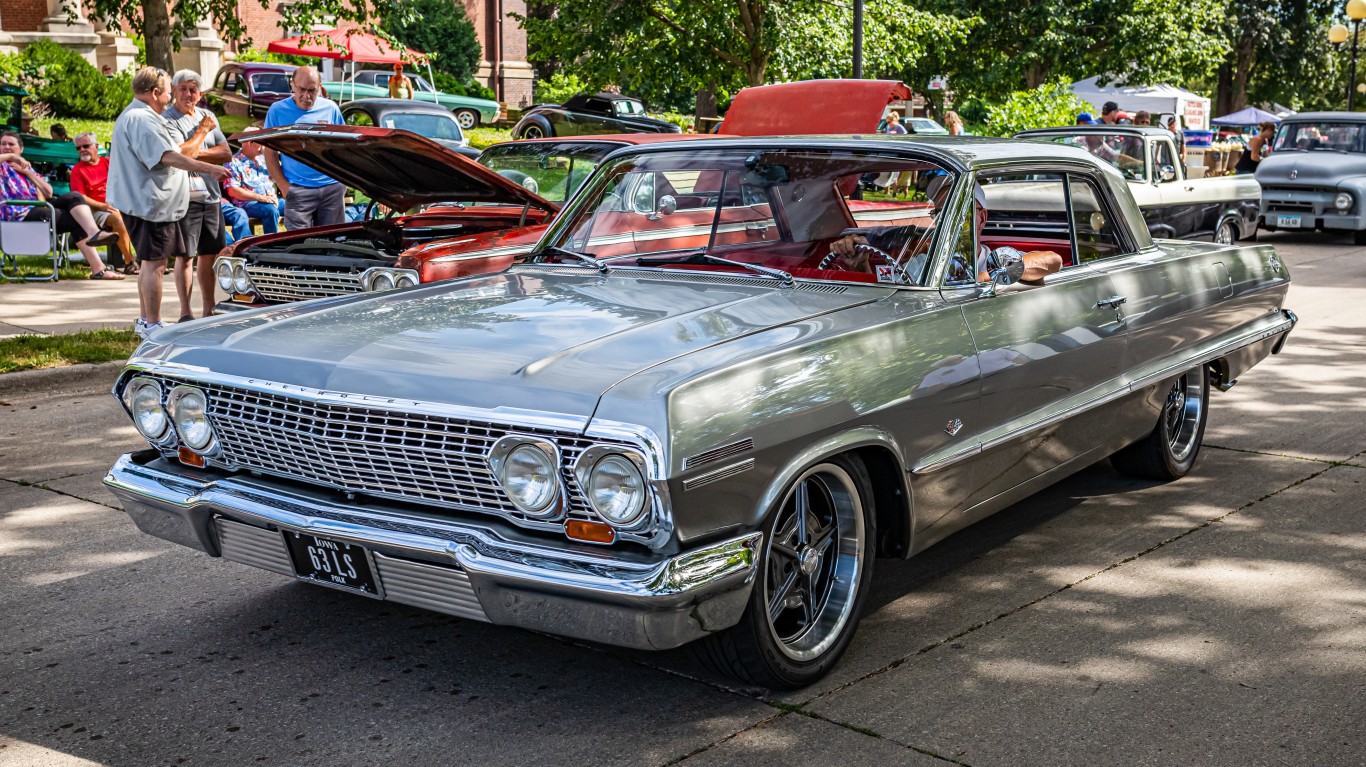
1963 Chevrolet 2-Door Hardtop Impala
The 1963 2-Door Hardtop Impala is a classic that captured the hearts of baby boomers. The Impala was known for its spacious interior and powerful engine options, offering impressive performance on the open road.
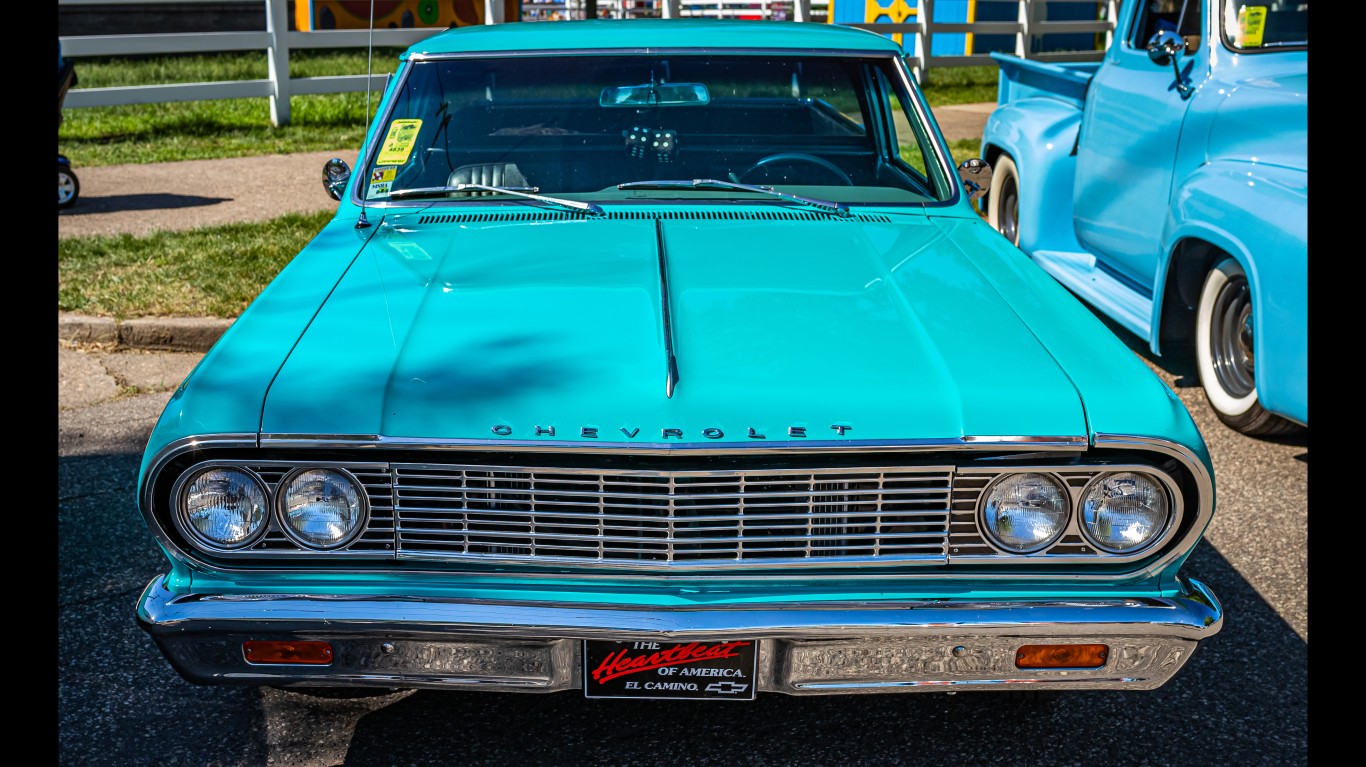
1964 Chevrolet El Camino
The 1964 El Camino was a beloved car-truck hybrid that resonated with baby boomers. It blended the style and comfort of a classic car with the versatility of a pickup truck. The El Camino offered ample cargo space, making it a practical choice for both work and leisure. Its powerful engine options and sporty performance added to its appeal.
[in-text-ad-2]
1964 Dodge 440
The 1964 440 was a popular choice among baby boomers who liked its combination of style, power, and affordability. It boasted a sleek and muscular design. With its range of engine options, including the potent 426 Hemi V8, the Dodge 440 delivered impressive speed.
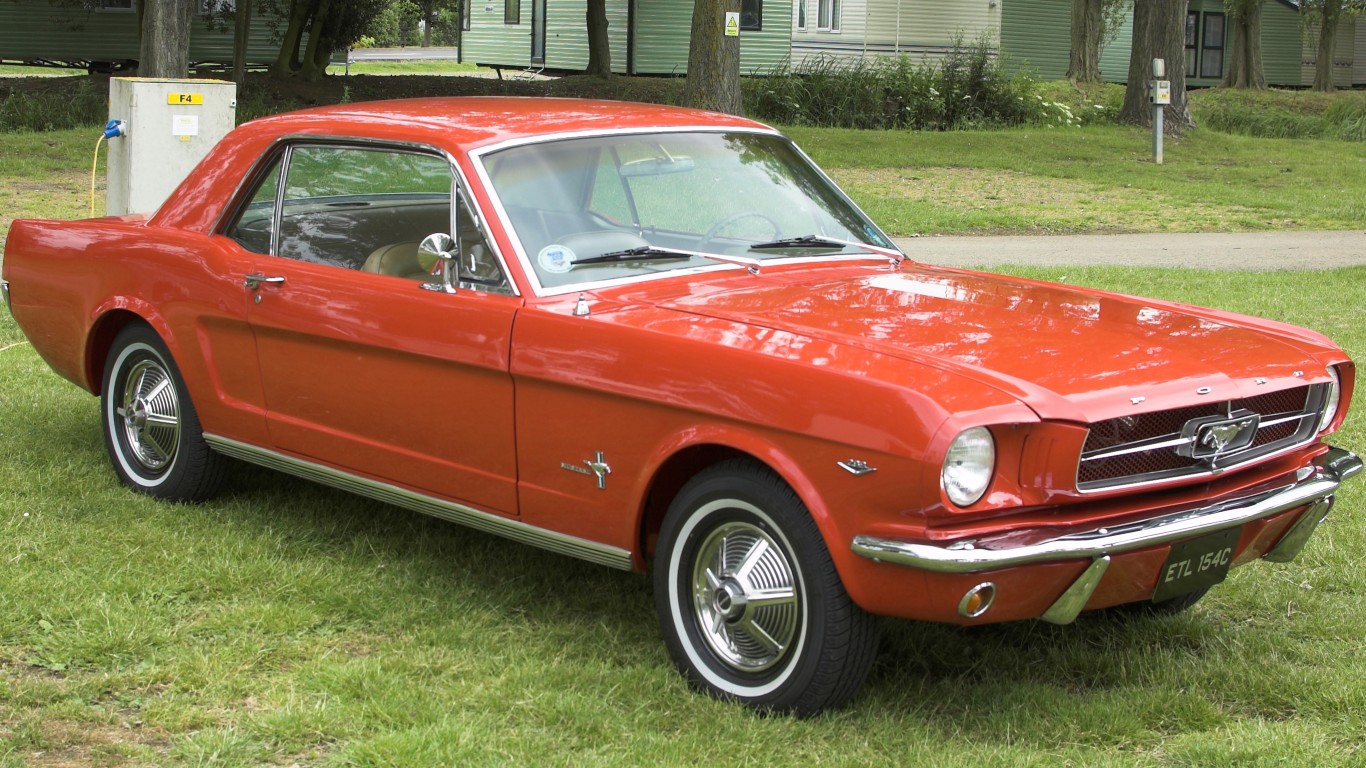
1964 Ford Mustang
The 1964 Mustang was a revolutionary car that became an iconic symbol of American automotive culture. Its sleek and sporty design, with its long hood and short rear deck, exuded a sense of style. The Mustang offered a range of engine options, from the economical inline-six to the powerful V8, appealing to different preferences and budgets. It was affordable and customizable. The Mustang remains a beloved classic, symbolizing the spirit of the 1960s.
[in-text-ad]
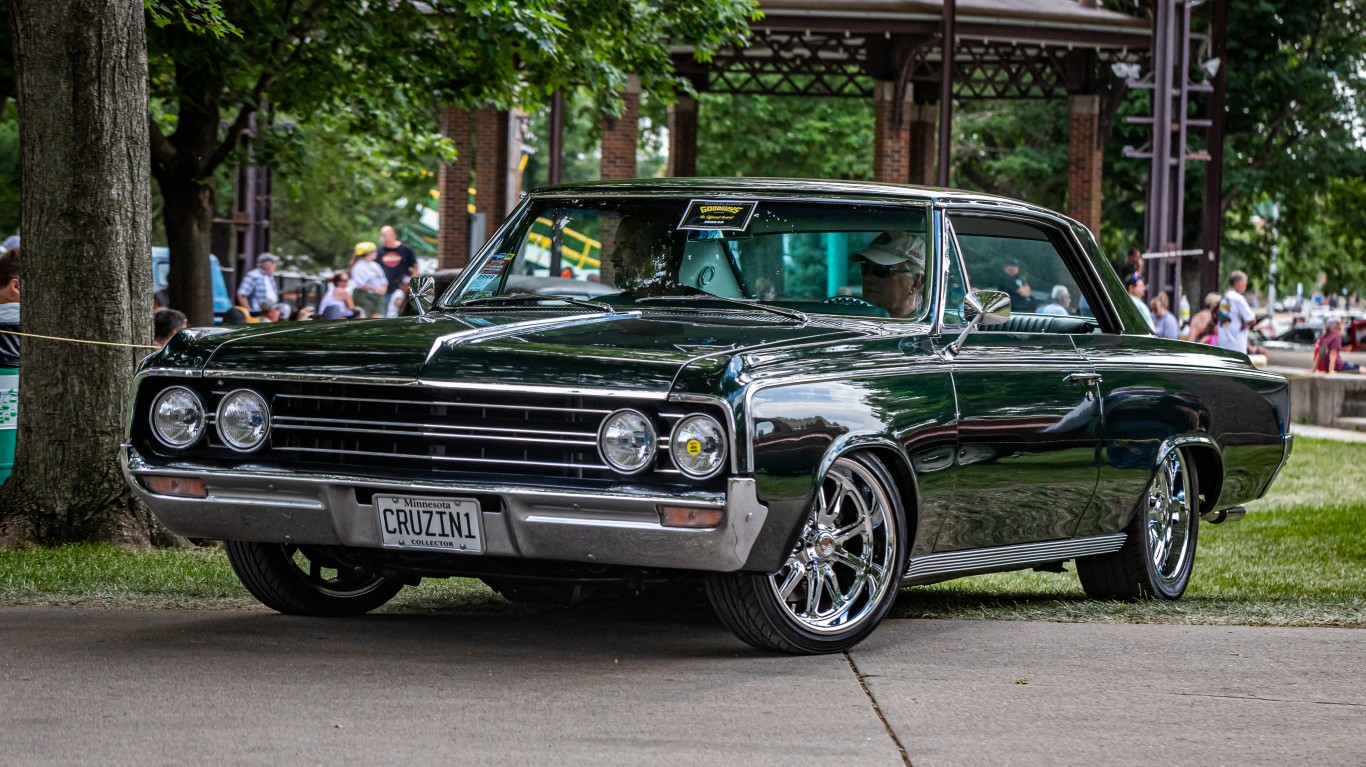
1964 Oldsmobile 442
The 1964 442 was a legendary muscle car. The “442” name represented its original configuration: a four-barrel carburetor, four-speed manual transmission, and dual exhaust. The 442 was equipped with a high-performance engine, delivering impressive horsepower and torque. It became a symbol of speed and power during the era.
1964 Oldsmobile Starfire
The 1964 Starfire was a luxurious high-style vehicle. It featured a sleek body design with sculpted lines and chrome accents. The Starfire boasted a powerful V8 engine, delivering smooth acceleration and impressive power. Its spacious and well-appointed interior offered premium comfort and modern amenities, including plush seating, power accessories, and an advanced audio system.
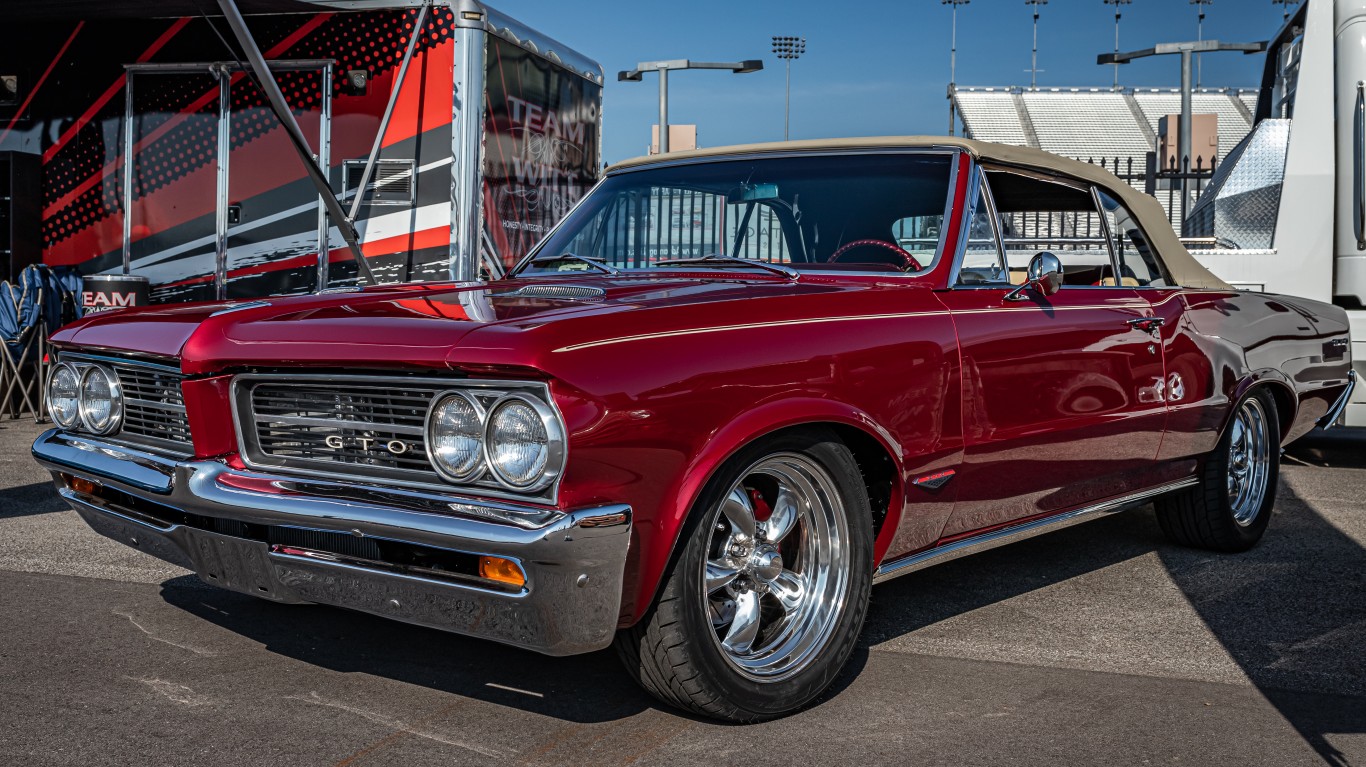
1964 Pontiac GTO
The 1964 GTO is an iconic muscle car – a symbol of power and performance. The GTO featured a powerful V8 engine. The car’s design included sleek lines, a bold grille, and distinctive hood scoops. Inside, the GTO provided a driver-focused cockpit with sporty touches.
[in-text-ad-2]
1966 Dodge Charger
With its sleek, distinctive fastback design, the Charger made a bold statement on the road. It featured a range of powerful engine options, including the legendary 426 Hemi V8. The car’s front grille and hidden headlamps added to its unique and rather menacing appearance.
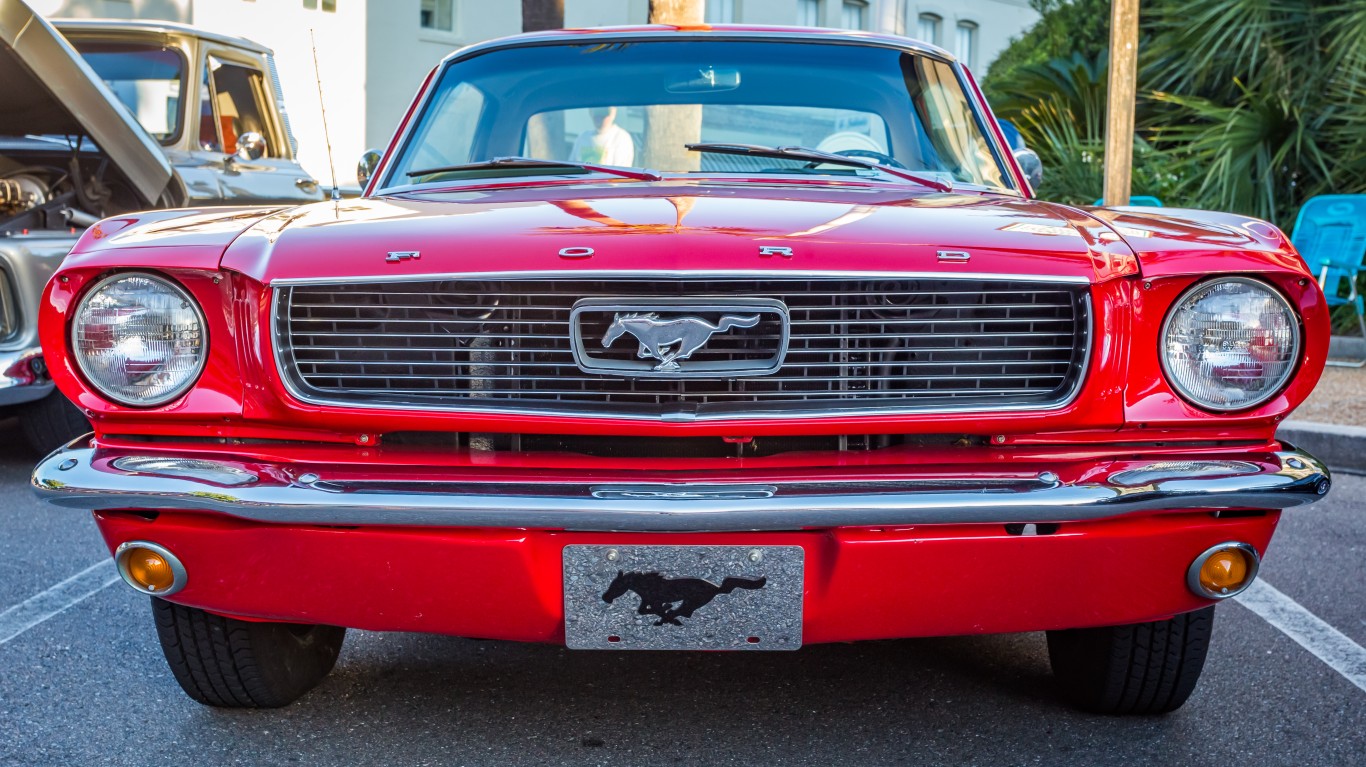
1966 Ford Mustang
The 1966 Mustang epitomizes the spirit of the era with its sporty design. Its distinctive long hood, short rear deck, and signature tri-bar tail lights make it instantly recognizable. It offered a range of engine options, from the efficient inline-six to the powerful V8 engines. The Mustang’s interior featured bucket seats, a stylish dashboard, and optional extras like air conditioning and a stereo system.
[in-text-ad]
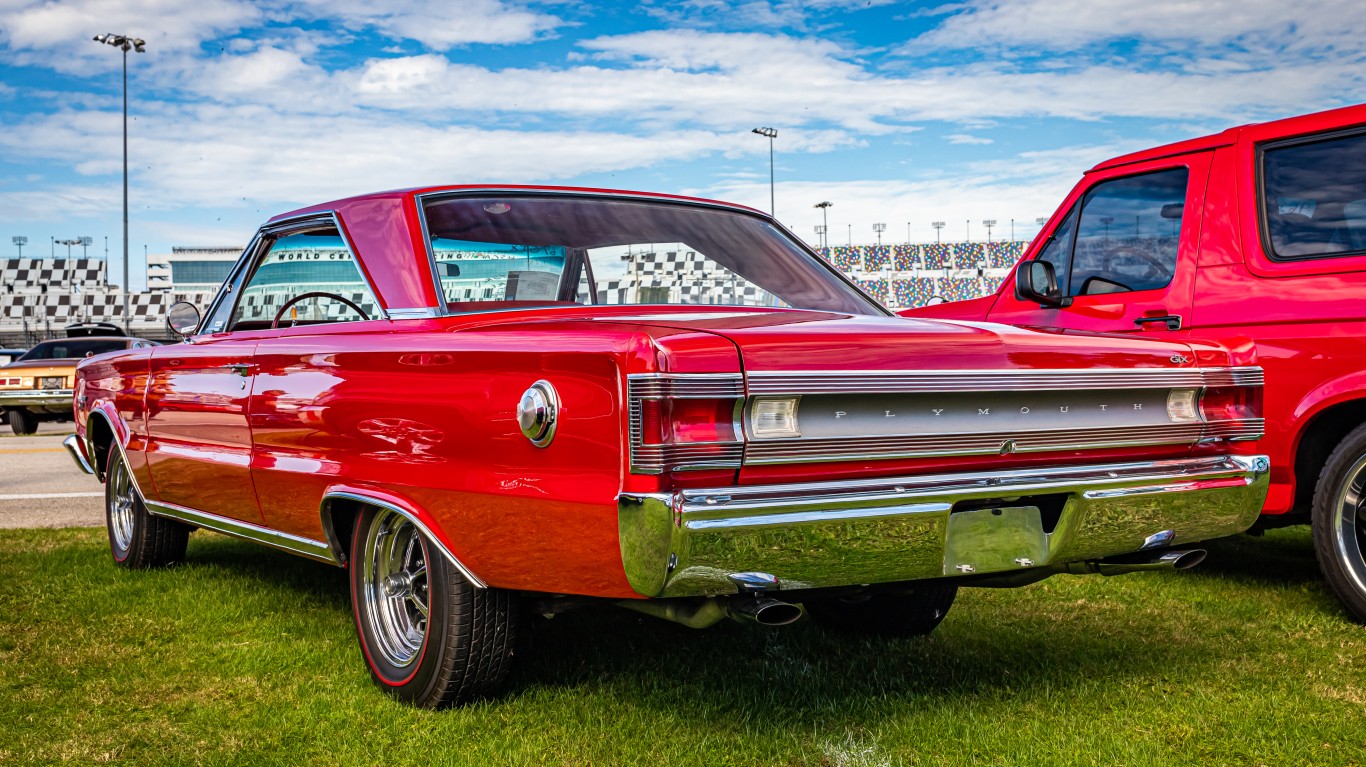
1967 Plymouth GTX
The 1967 GTX exuded a commanding presence on the road. It featured a distinctive grille design, hood scoops, and bold side stripes. Under the hood, it packed a powerful punch with its engine options, including the 426 Hemi V8. The GTX offered a center console and optional features like power windows.
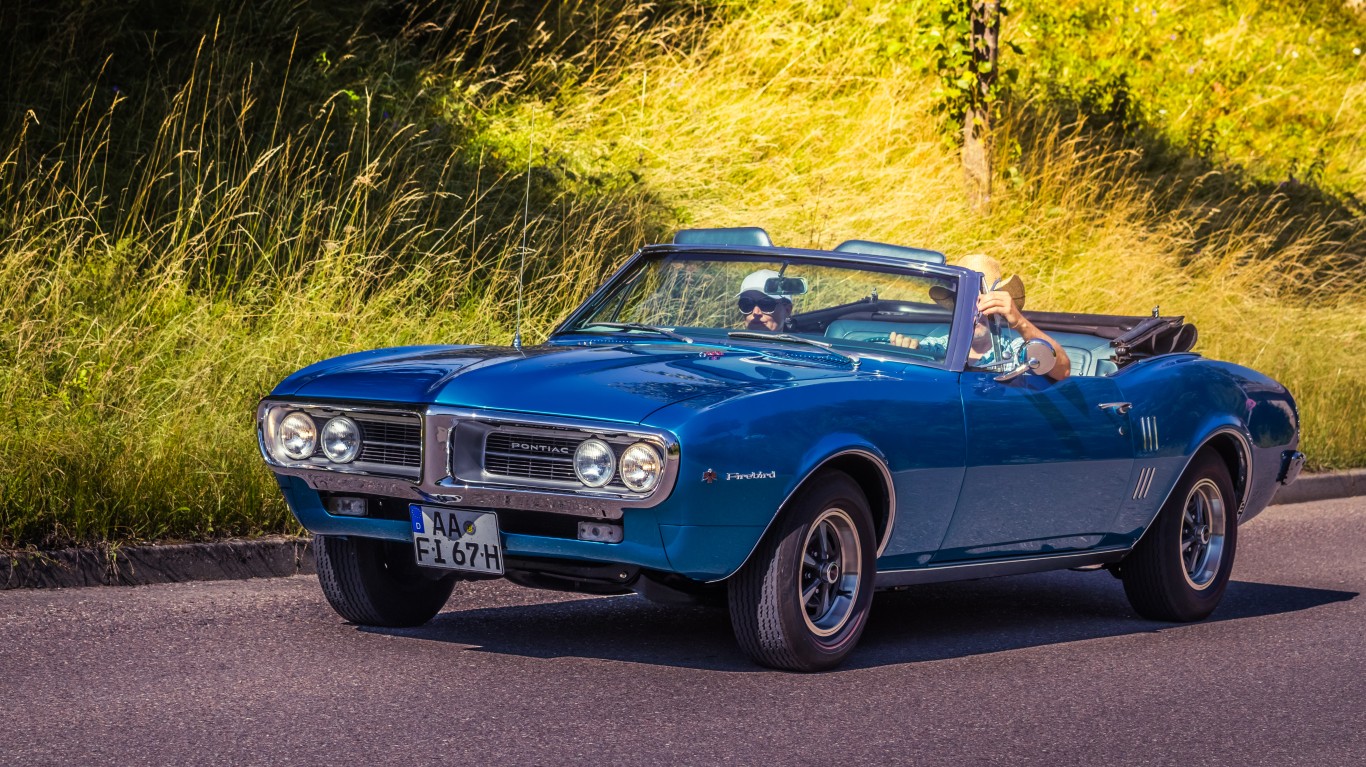
1967 Pontiac Firebird
The 1967 Firebird is an iconic car that resonates with baby boomers, easily recognizable by the distinctive split grille, hood scoops, and sculpted body lines. It offered a range of engine options, including the powerful 400-cubic-inch V8. The Firebird’s interior boasted a driver-focused cockpit with comfortable bucket seats, a sporty steering wheel, and an array of optional features like a console-mounted tachometer.
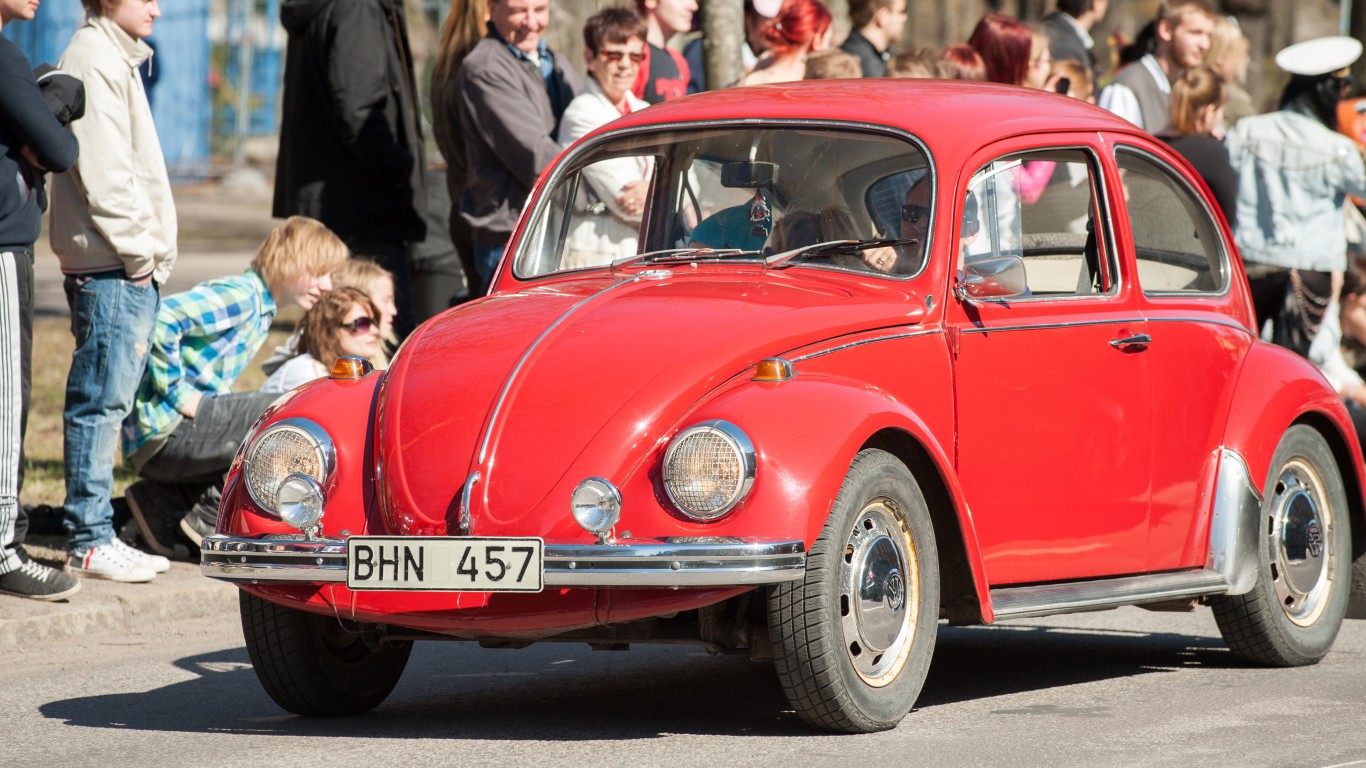
1968 Volkswagen Beetle
Baby boomers were drawn to the 1968 Beetle for several reasons. Its compact size made it ideal for navigating crowded urban streets, while its affordable price tag appealed to a generation seeking economical options. The Beetle’s quirky design and distinct round shape exuded a sense of individuality, reflecting the counterculture spirit of the era.
[in-text-ad-2]
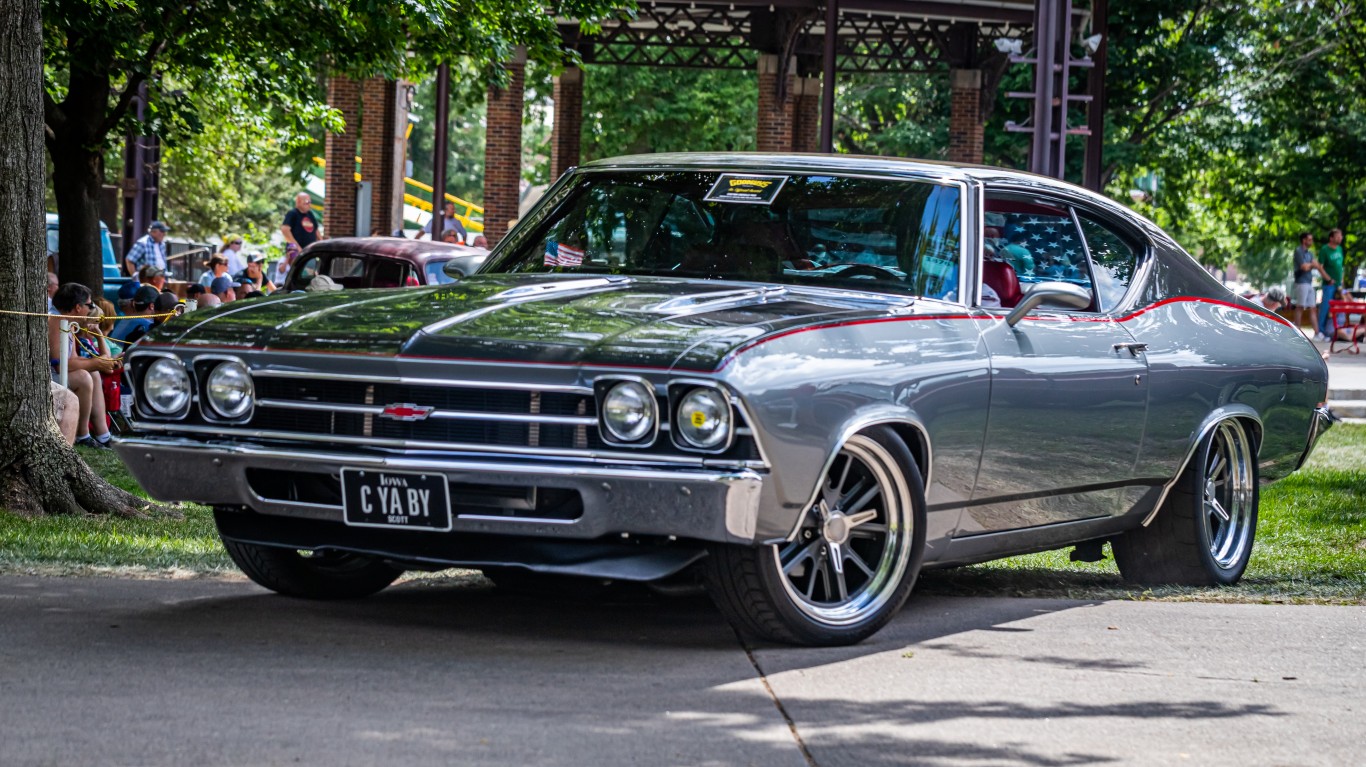
1969 Chevelle
The Chevelle offered a range of engine options, allowing buyers to customize their driving experience. Its spacious interior accommodated families comfortably, while the trunk space was generous for practical use. The Chevelle’s reputation for solid construction and reliability made it a desirable choice for those seeking a blend of style and dependability
1969 Dodge Coronet
The 1969 Coronet was a standout vehicle. With its wide grille and front fascia, it projected a sense of power and confidence. The car was available in various trims and engine options, including the Hemi V8. The spacious interior provided ample room for passengers and boasted comfortable seating.
[in-text-ad]
1969 Mercury Cougar
The 1969 Cougar was a classic American muscle car, marketed as a more upscale and luxurious alternative to the Ford Mustang. It featured a distinctive design, characterized by its long hood, short deck, and hidden headlights. The standard engine was a 4.1-liter inline-six, but the real excitement came from the available V8 engines. In terms of performance, the Cougar was known for its smooth and responsive handling, thanks to its refined suspension system and balanced weight distribution.
1969 Volkswagen van
The 1969 Volkswagen van, commonly known as the VW Bus or Type 2, was an iconic vehicle that epitomized the counterculture movement of the 1960s. It featured a boxy design with a rear-engine layout and sliding side doors. The VW van became synonymous with freedom, adventure, and communal living, serving as a popular vehicle for road trips and camping.
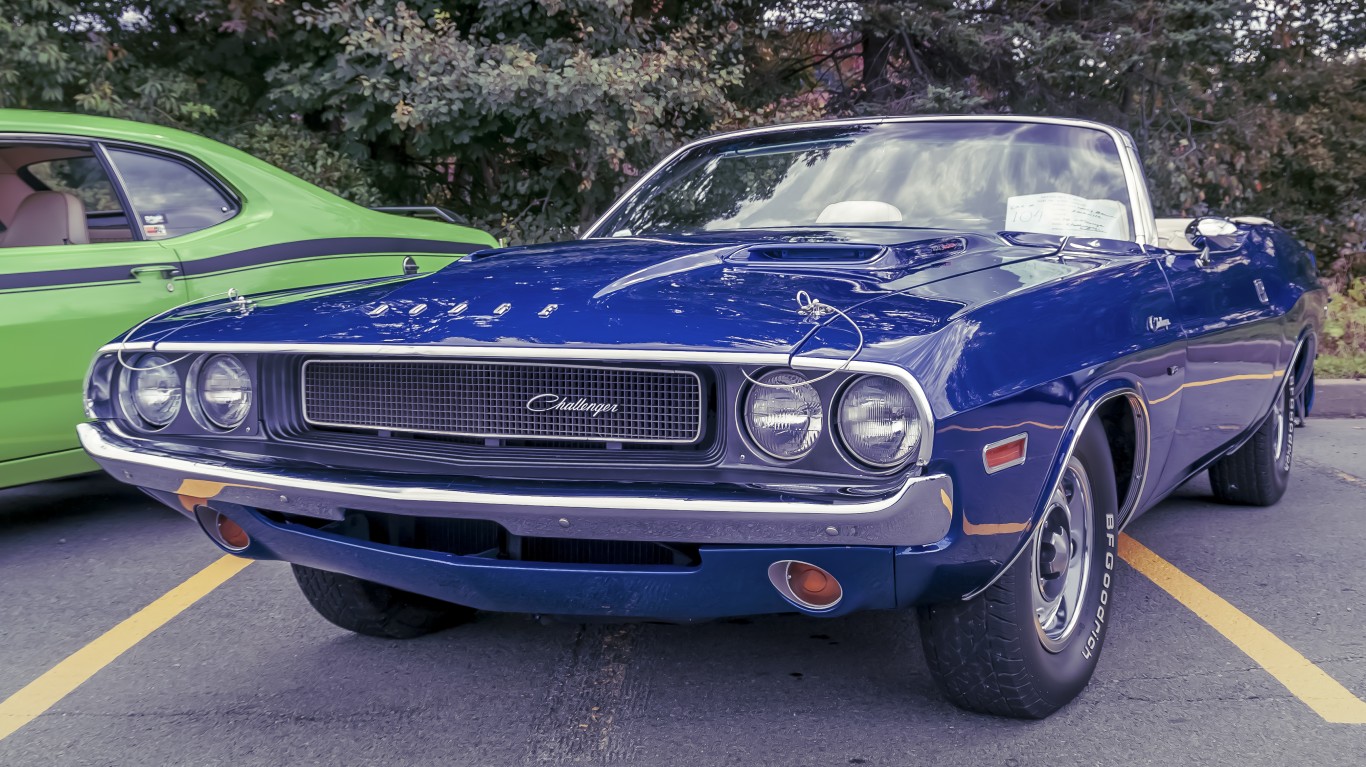
1970 Dodge Challenger
The Challenger offered a range of potent engines, including the mighty 426 Hemi V8, delivering thrilling acceleration and speed. Its spacious interior accommodated passengers in comfort, while its solid handling and impressive braking capabilities made it a true driver’s car.
[in-text-ad-2]
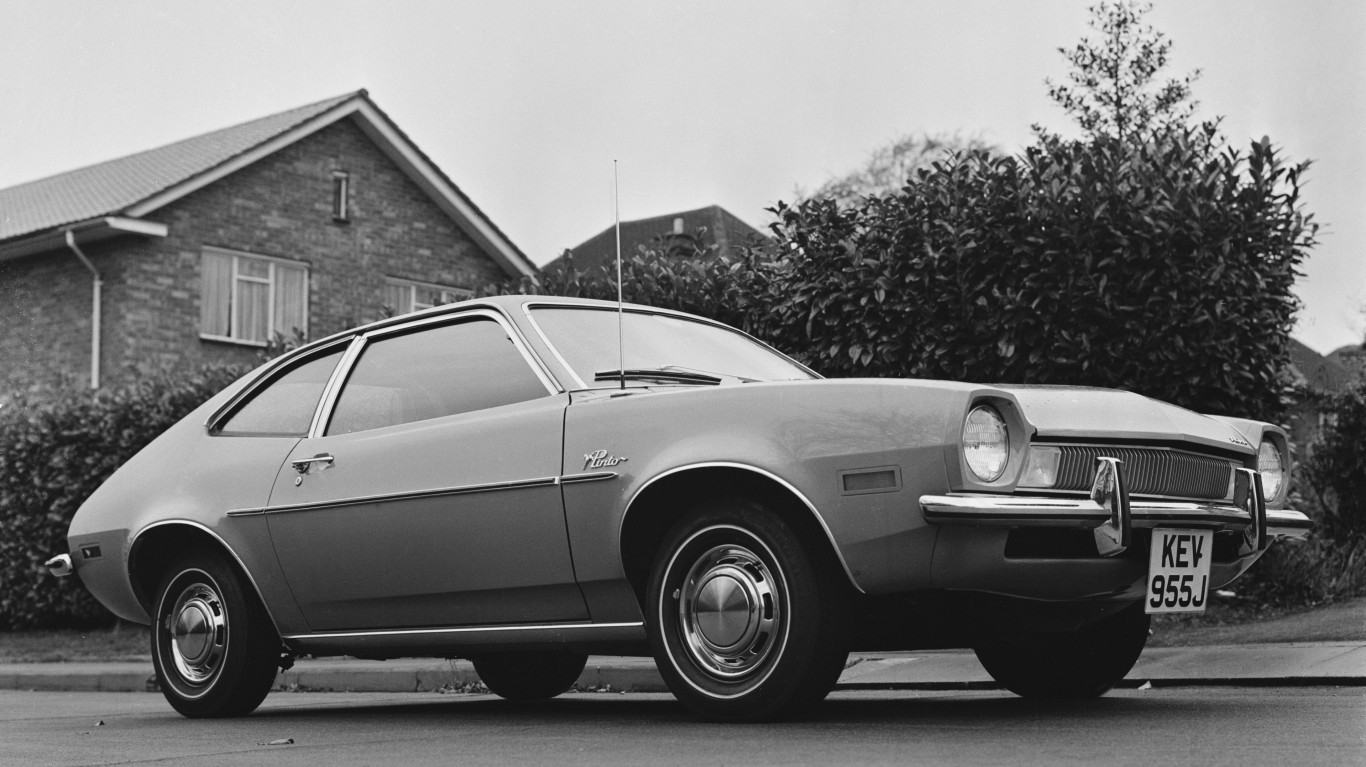
1970 Ford Pinto
The 1970 Pinto was a compact car. Designed as an affordable and fuel-efficient vehicle, it aimed to cater to the needs of budget-conscious consumers. The Pinto featured a simple and streamlined design, with a compact body that made it easy to maneuver in urban environments. One of the notable features of the Pinto was its rear-wheel-drive layout, which contributed to its handling and balanced weight distribution.
1971 Chevy Caprice
In 1971, Chevrolet introduced the Caprice, a car that epitomized elegance and power. Its chrome-accented front grille and bold bumper added a touch of sophistication. Inside, the Caprice boasted a spacious cabin adorned with plush upholstery. Under the hood, a robust V8 engine roared to life.
[in-text-ad]
1971 Dodge Dart Demon
The 1971 Dart Demon was a compact muscle car. Its stance, highlighted by a menacing front grille and sculpted body lines, exuded power. The Demon’s lightweight design made it nimble on the streets, while its potent V8 engine provided exhilarating acceleration. Inside, a driver-focused cockpit offered a blend of performance and comfort.
1973 Chevy Vega
The 1973 Vega was a compact car offering efficiency with its four-cylinder engine and lightweight construction. While it faced reliability issues, its compact size and affordability made it a popular choice for urban driving.
1973 Ford Bronco
The 1973 Bronco was a rugged and versatile SUV. Its boxy yet bold design featured a removable hardtop, allowing for open-air driving experiences. With a powerful V8 engine and four-wheel drive capability, the Bronco conquered off-road terrains. Its spacious interior accommodated both passengers and cargo, making it an ideal companion for outdoor enthusiasts.
[in-text-ad-2]
1973 Mercury Comet
The 1973 Comet was a stylish and compact vehicle that blended comfort with efficiency. Its sleek exterior design boasted clean lines and a refined profile. It featured a spacious cabin with comfortable seating and modern amenities, offering a pleasant driving experience. With its range of engine options, including V8 power, it provided a balance of performance and fuel economy.
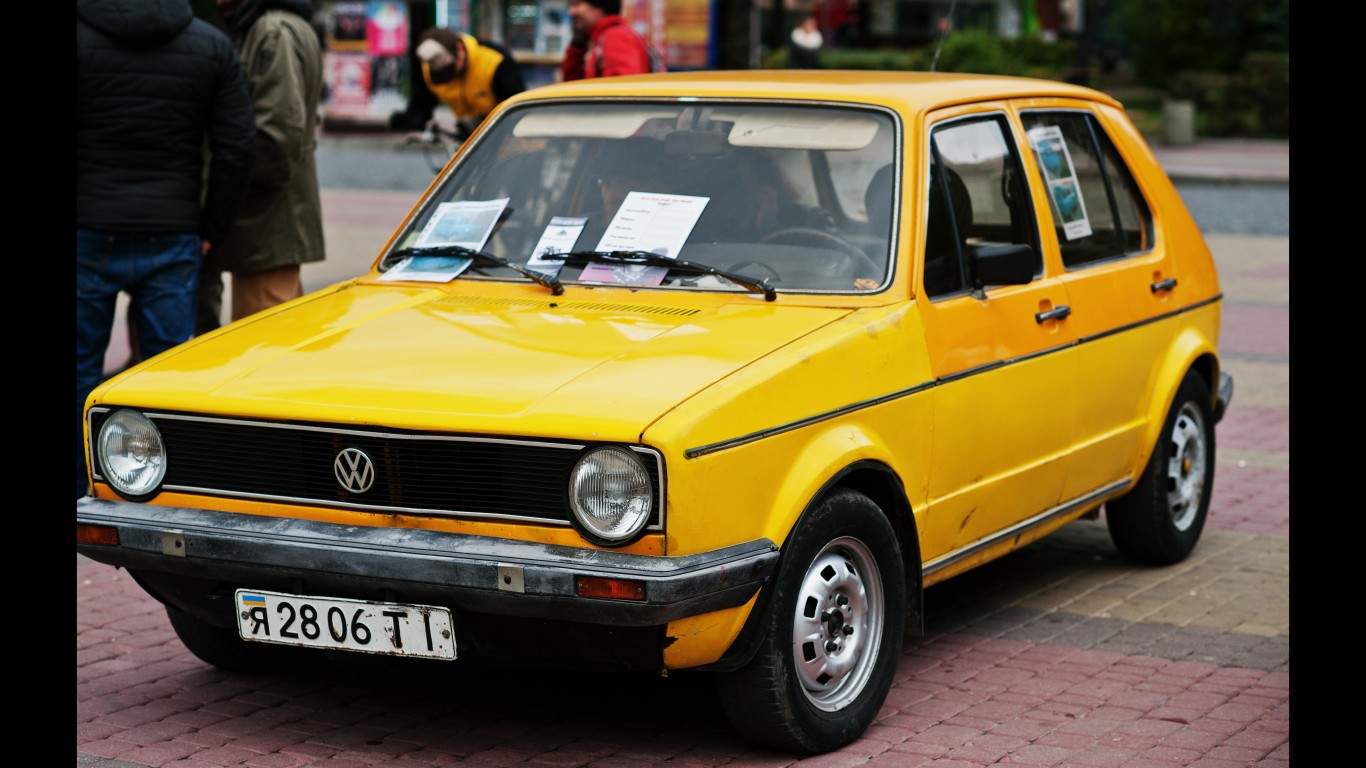
1974 Volkswagen Golf
The 1974 Golf, also sold as the Rabbit, revolutionized the compact car segment. Its distinctive hatchback design offered practicality and versatility. With a small-scale yet roomy interior, the Golf provided ample space for passengers and cargo. The peppy engine options and nimble handling made it a joy to drive.
[in-text-ad]
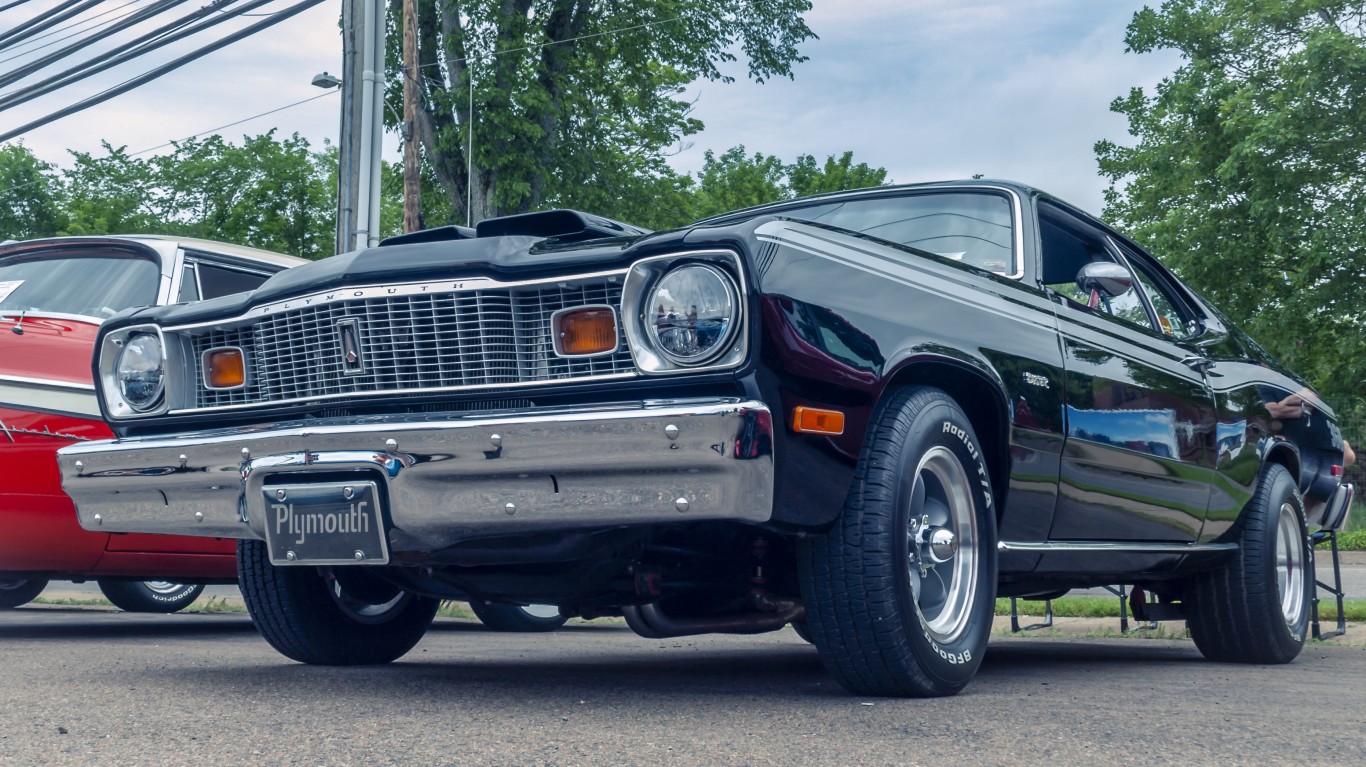
1976 Plymouth Duster
The 1976 Duster was another iconic American muscle car. Its aerodynamic design featured bold body lines and a distinctive grille, making it instantly recognizable. With a range of powerful V8 engine options, the Duster delivered exhilarating acceleration and impressive power. The spacious interior offered comfort and convenience, while the Duster’s agile handling made it a thrill to drive.
1977 Chevrolet Camaro
The Camaro’s design showcased a wide, powerhouse stance and an unmistakable grille. The interior featured a driver-focused cockpit with sporty elements and modern conveniences. The ’77 Camaro was a symbol of speed and power, offering a range of powerful engine options, including V8s.
1979 Pontiac Firebird
The Firebird was known for its bold and aggressive design, with aerodynamic body lines and a distinctive hood-mounted bird decal. It was available in various trims, including the Trans Am, which was the pinnacle of performance and style. Inside the cabin, the 1979 Firebird offered a driver-centric layout with comfortable seating, a sporty steering wheel, and a stylish dashboard.
[in-text-ad-2]
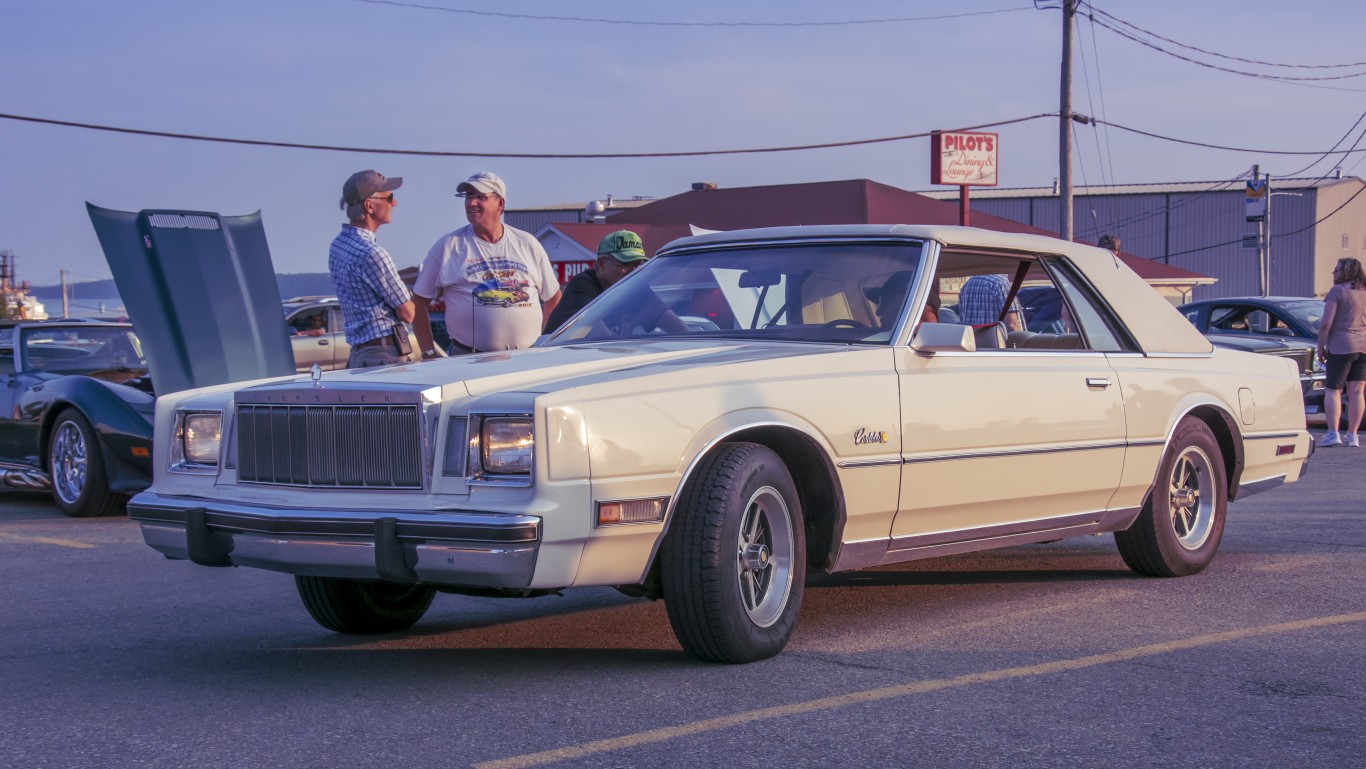
1980 Chrysler Cordoba
The luxurious Cordoba offered a spacious interior adorned with plush upholstery. It boasted features like power windows, air conditioning, and a premium sound system. While not focused on high-performance, the car emphasized a comfortable ride, making it suitable for long drives and highway cruising.
The #1 Thing to Do Before You Claim Social Security (Sponsor)
Choosing the right (or wrong) time to claim Social Security can dramatically change your retirement. So, before making one of the biggest decisions of your financial life, it’s a smart idea to get an extra set of eyes on your complete financial situation.
A financial advisor can help you decide the right Social Security option for you and your family. Finding a qualified financial advisor doesn’t have to be hard. SmartAsset’s free tool matches you with up to three financial advisors who serve your area, and you can interview your advisor matches at no cost to decide which one is right for you.
Click here to match with up to 3 financial pros who would be excited to help you optimize your Social Security outcomes.
Have questions about retirement or personal finance? Email us at [email protected]!
By emailing your questions to 24/7 Wall St., you agree to have them published anonymously on a673b.bigscoots-temp.com.
By submitting your story, you understand and agree that we may use your story, or versions of it, in all media and platforms, including via third parties.
Thank you for reading! Have some feedback for us?
Contact the 24/7 Wall St. editorial team.
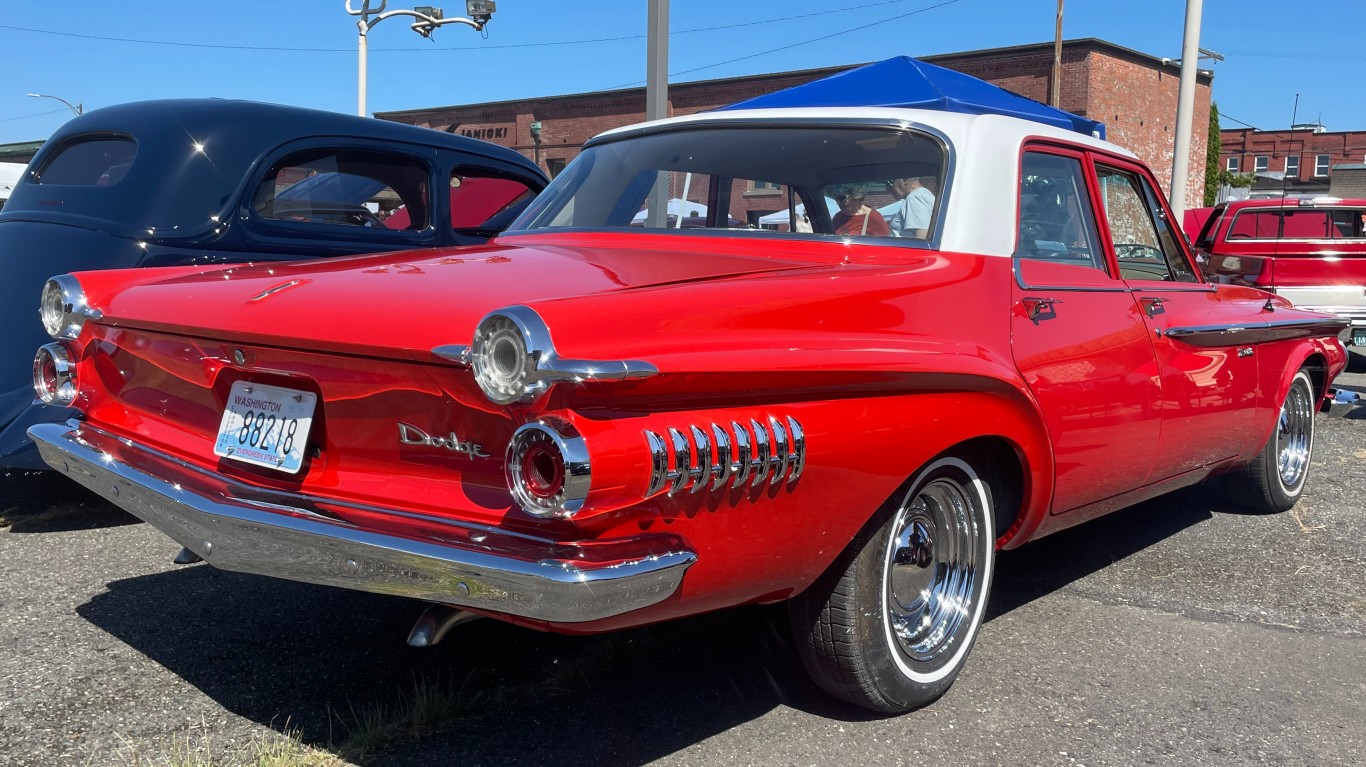
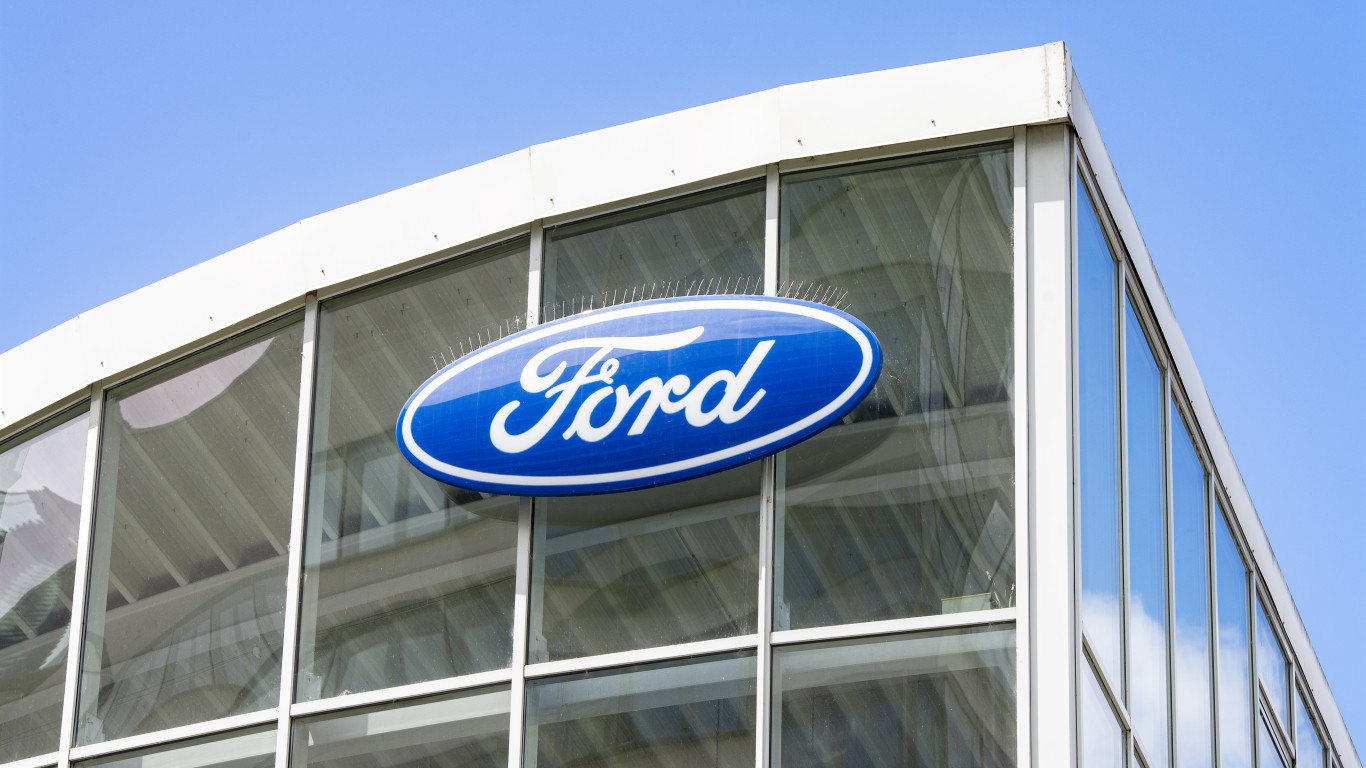 24/7 Wall St.
24/7 Wall St.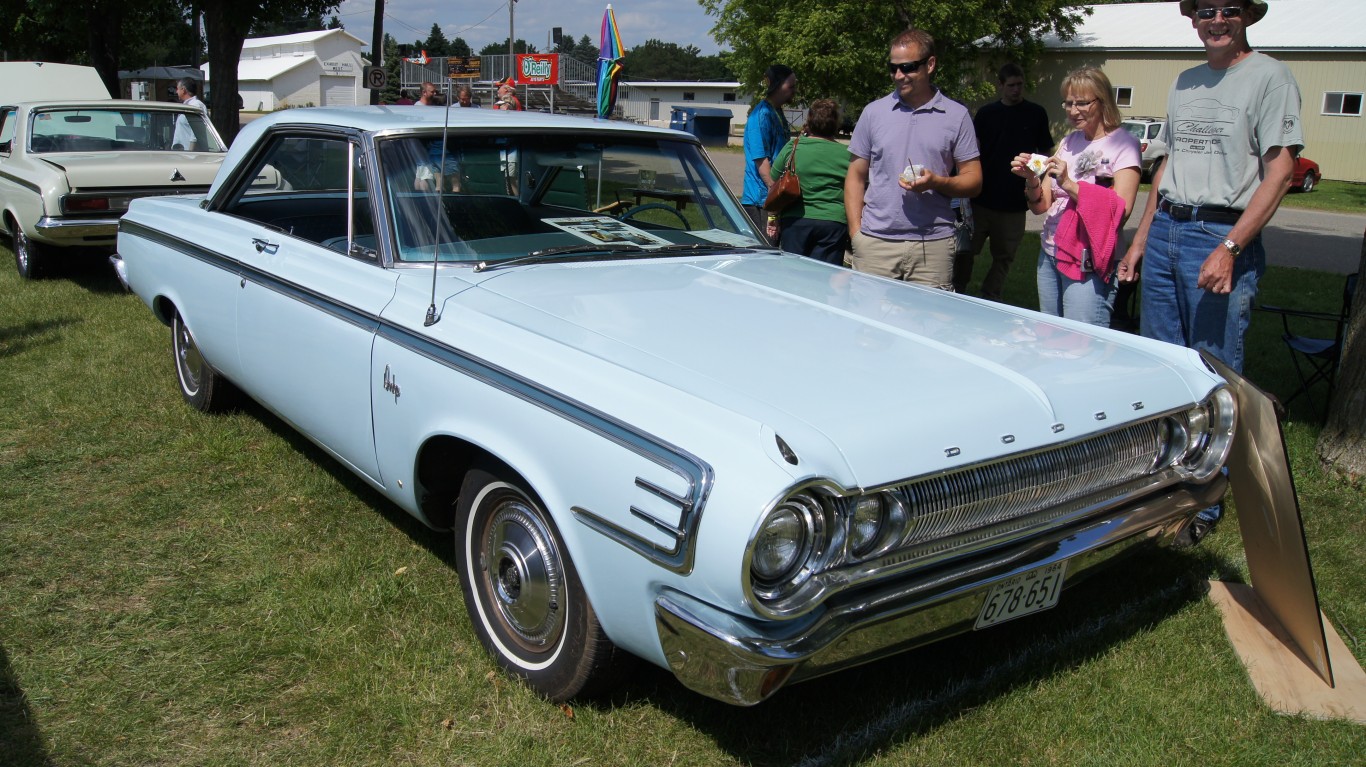
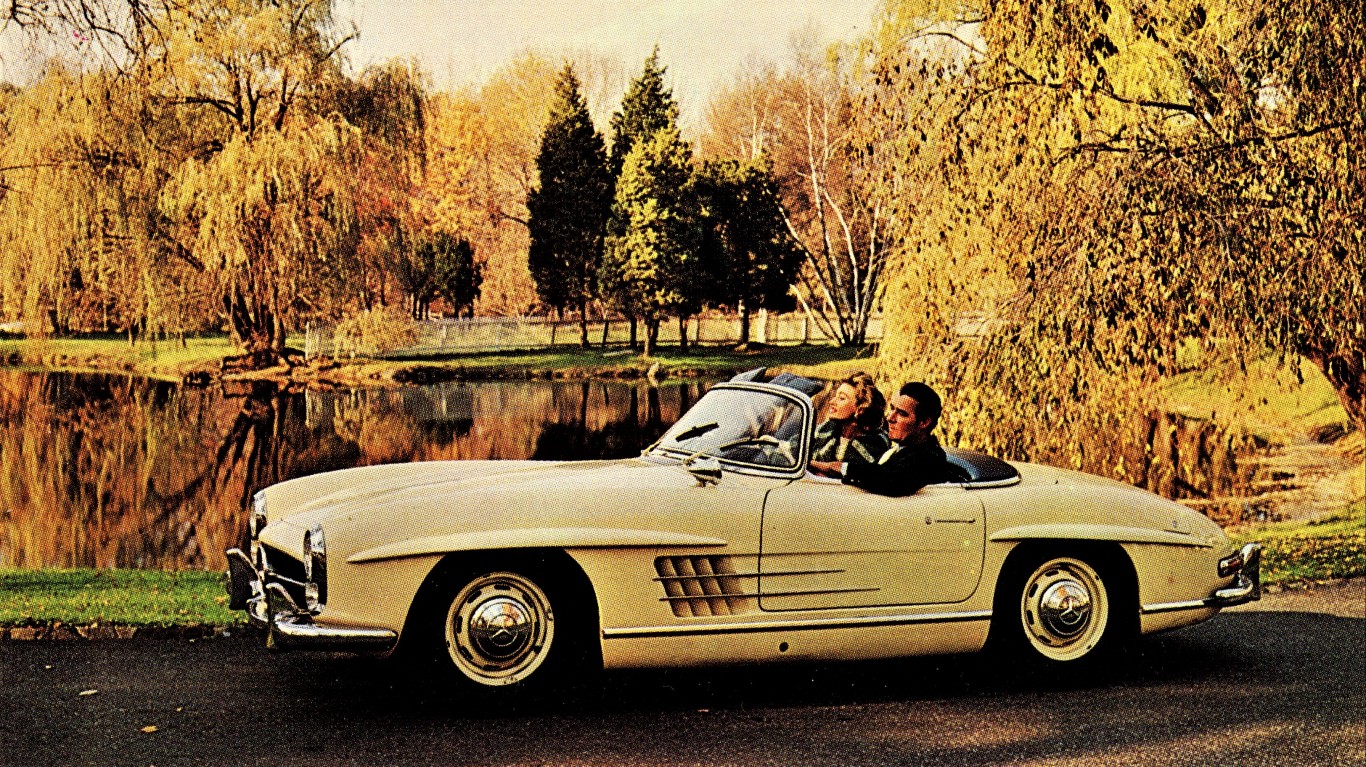 24/7 Wall St.
24/7 Wall St.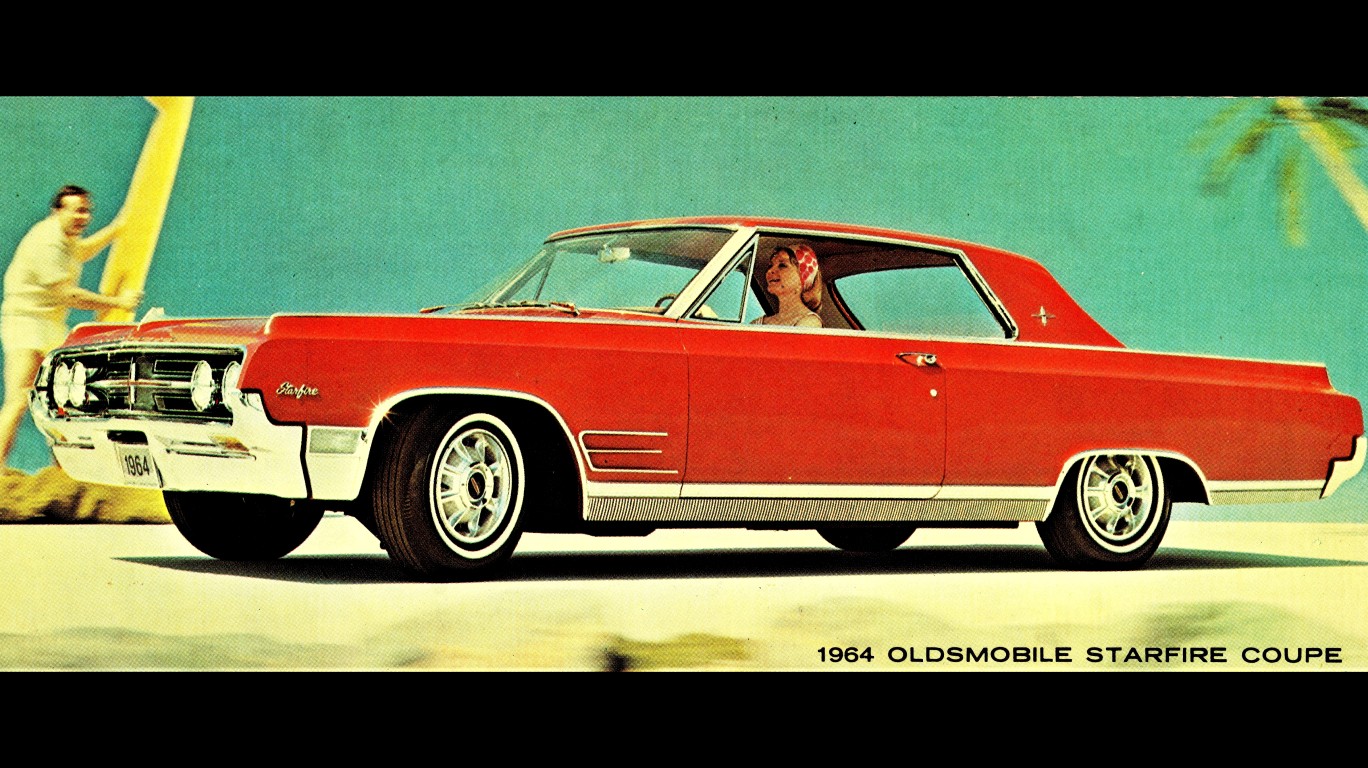
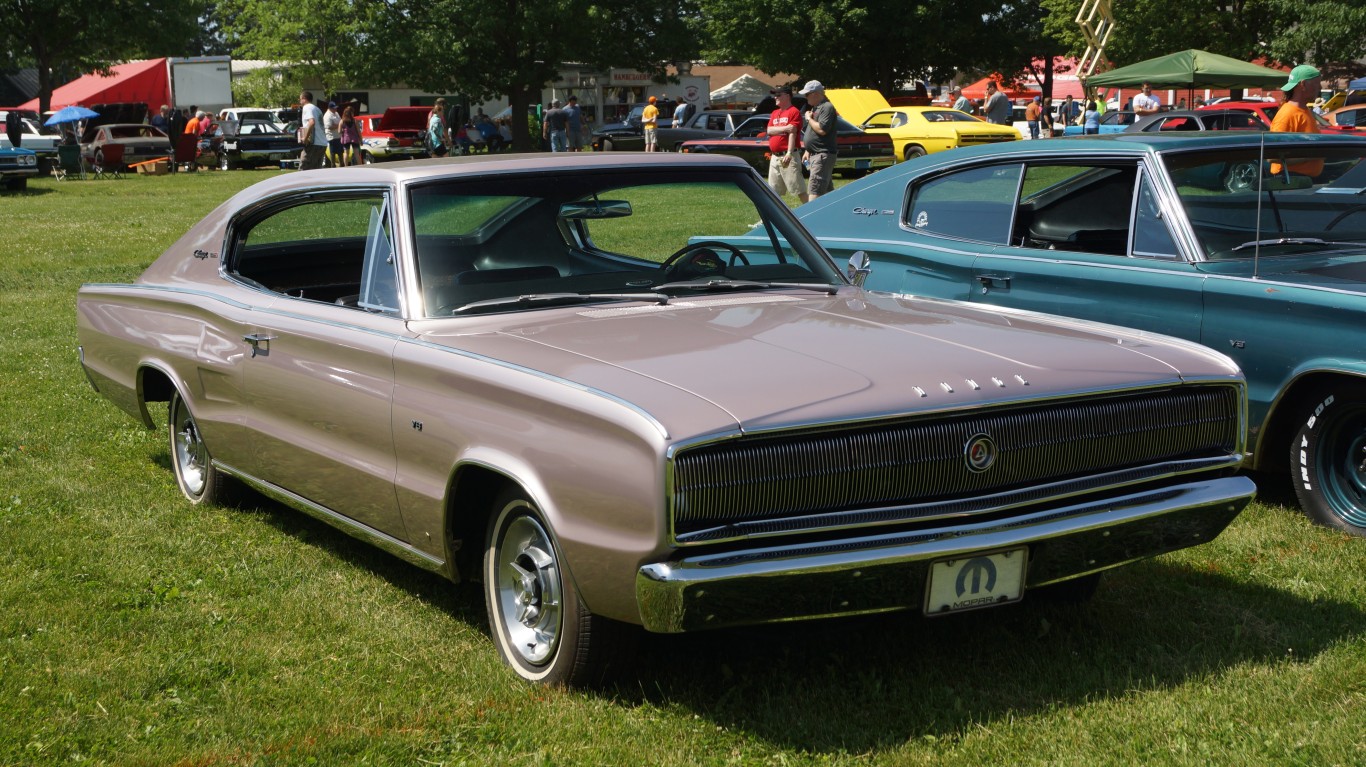
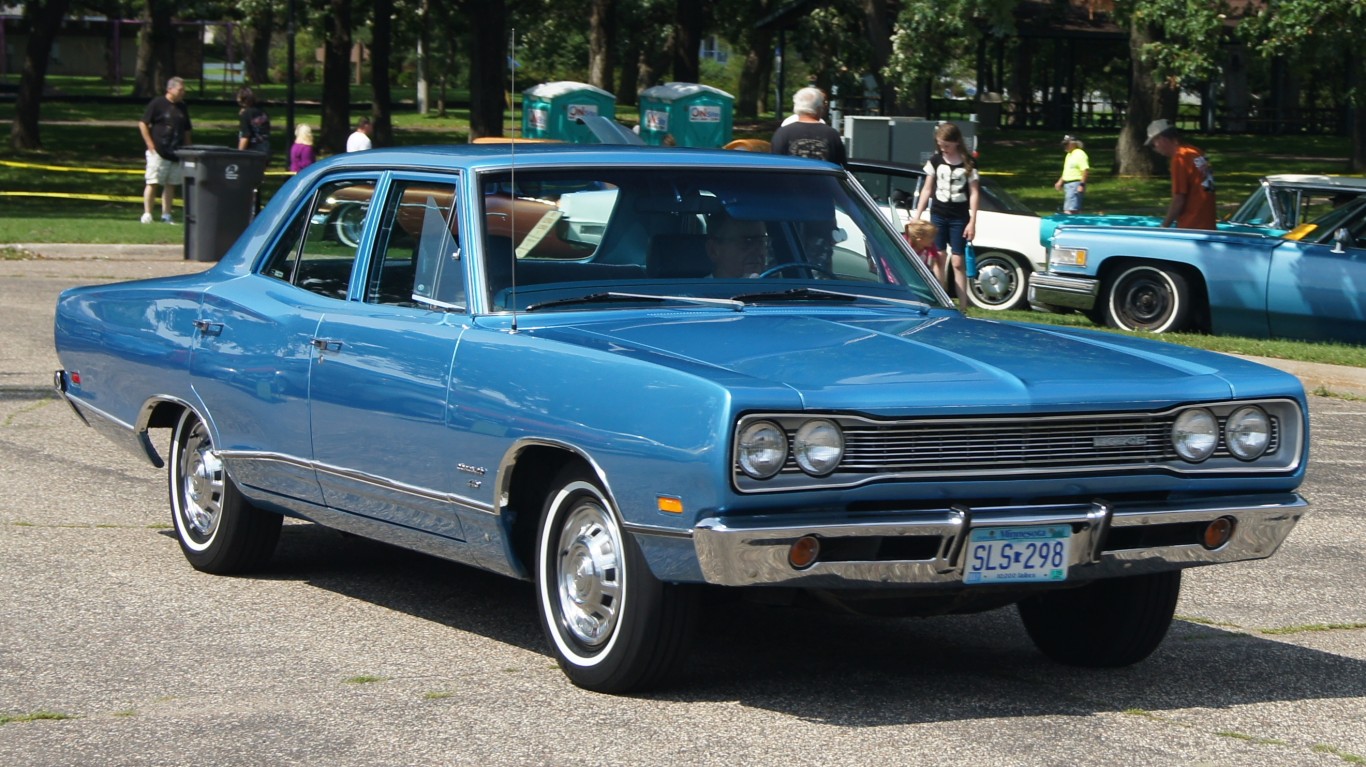
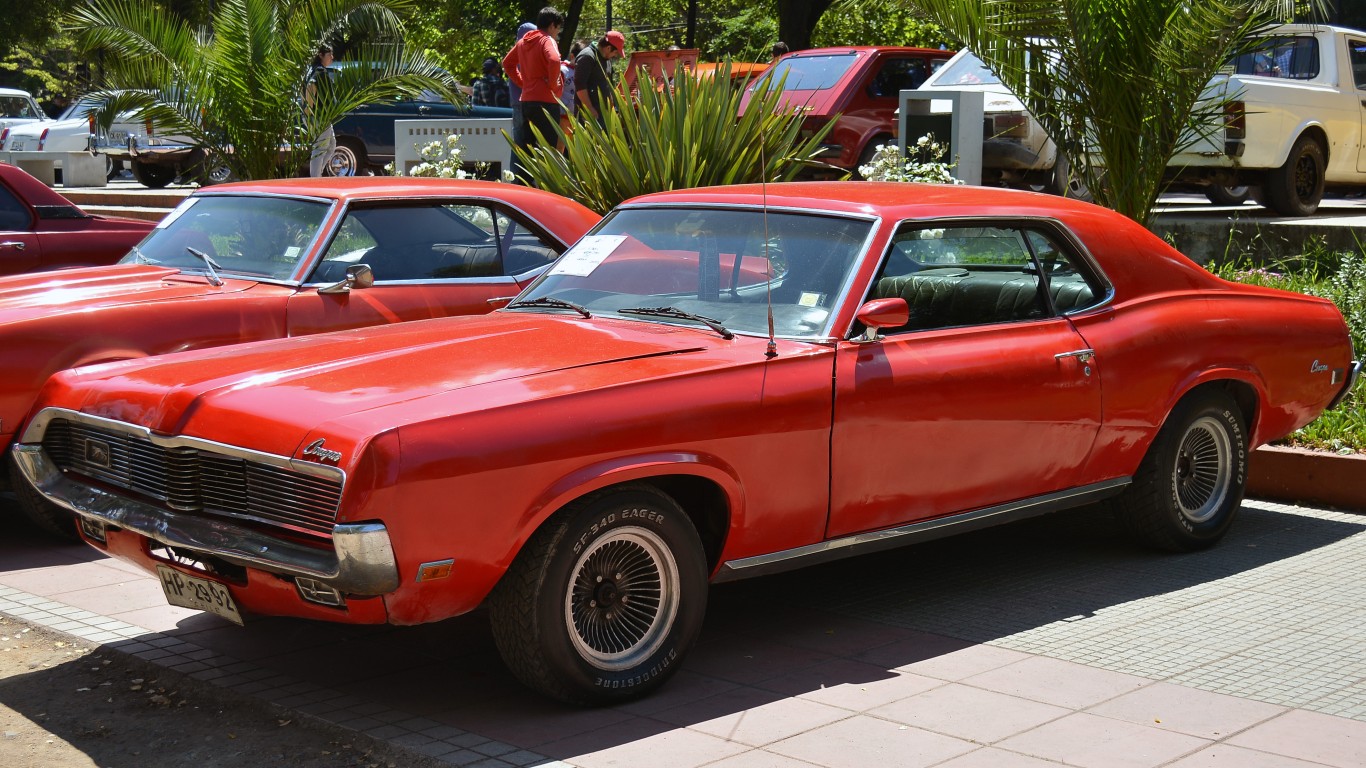
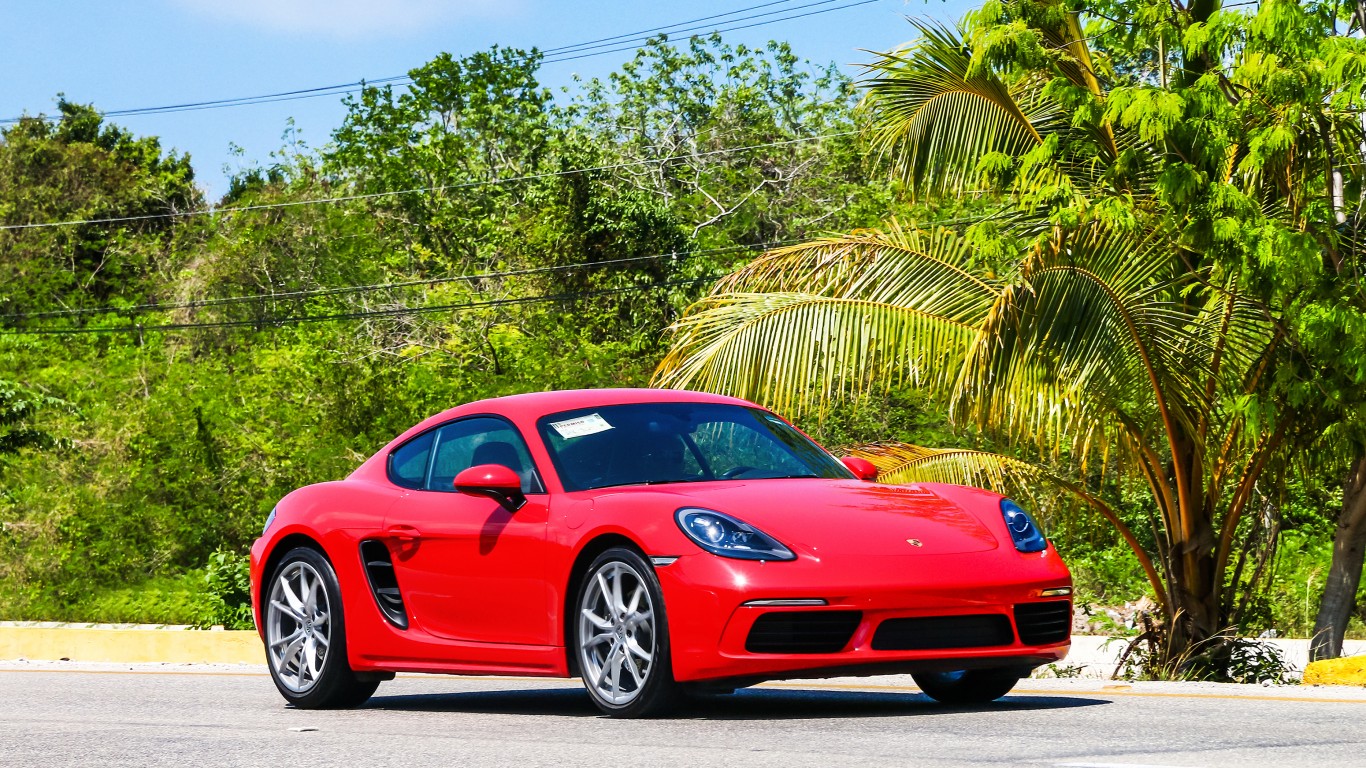 24/7 Wall St.
24/7 Wall St.